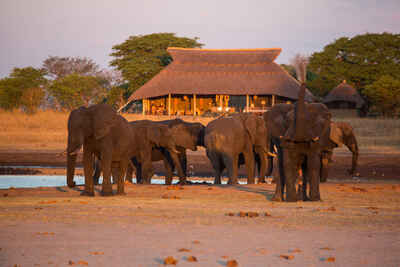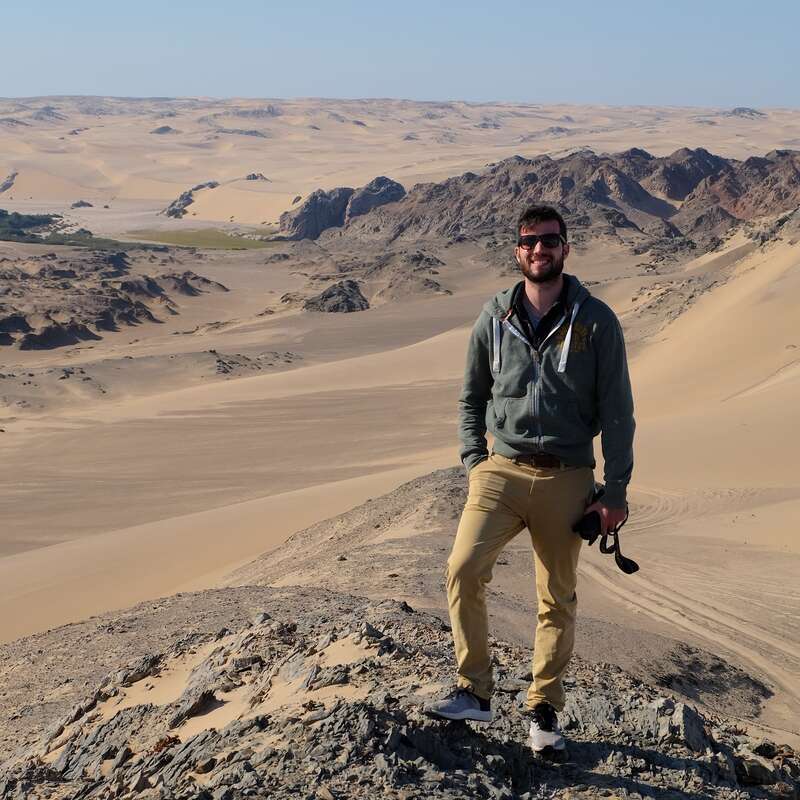About Camp Hwange
In the north-west of Hwange National Park, where the Kalahari's flat plains start to transition into rugged ...
... hills, you’ll find Camp Hwange. The camp combines a distinct "bush" feel with an emphasis on the safari experience and top guiding.
We've been sending our travellers on mobile safaris with David Carson for many years, and we are very impressed with this, his first permanent camp, which continues his legacy of top guiding and unforgettable safaris. Camp Hwange is all about experiencing the wilderness first-hand, so if you're looking for five-star luxury this is not the place for you. If, however, your emphasis is on flexible, knowledgeable and charismatic guiding in very comfortable surroundings, then we think you'll love it here.
Our view
We've been sending our travellers on mobile safaris with David Carson for many years, and we are very impressed with this, his first permanent camp, which continues his legacy of top guiding and unforgettable safaris. Camp Hwange is all about experiencing the wilderness first-hand, so if you're looking for five-star luxury this is not the place for you. If, however, your emphasis is on flexible, knowledgeable and charismatic guiding in very comfortable surroundings, then we think you'll love it here.
Accommodation
8 chalets
Children
Best for aged 16+
Open
All year
Activities

4WD Safari

Birdwatching

Guided walking safari

Night drive

Private activities
Traveller reviews of Camp Hwange
94 real, un-edited reviews from Expert Africa's travellers.
Arrived 3 Jun 2025, 3 nights
"Lovely Location"
Overall rating: Excellent
Arrived 3 Jun 2025, 3 nights
"Camp Hwange review - encounter with lions"
Overall rating: Excellent
Arrived 24 May 2025, 3 nights
"Camp Hwange review"
Overall rating: Good
Arrived 21 May 2025, 3 nights
"Camp Hwange review"
Overall rating: Average
Arrived 17 Mar 2025, 3 nights
"Camp Hwange review"
Overall rating: Excellent
Arrived 3 Sep 2024, 3 nights
"Camp Hwange review"
Overall rating: Excellent
Arrived 6 Aug 2024, 4 nights
"Camp Hwange review"
Overall rating: Good
Arrived 12 Nov 2023, 3 nights
"Camp Hwange review"
Overall rating: Excellent
Arrived 9 Nov 2023, 3 nights
"Camp Hwange review"
Overall rating: Excellent
Arrived 7 Nov 2023, 3 nights
"Camp Hwange review"
Overall rating: Excellent
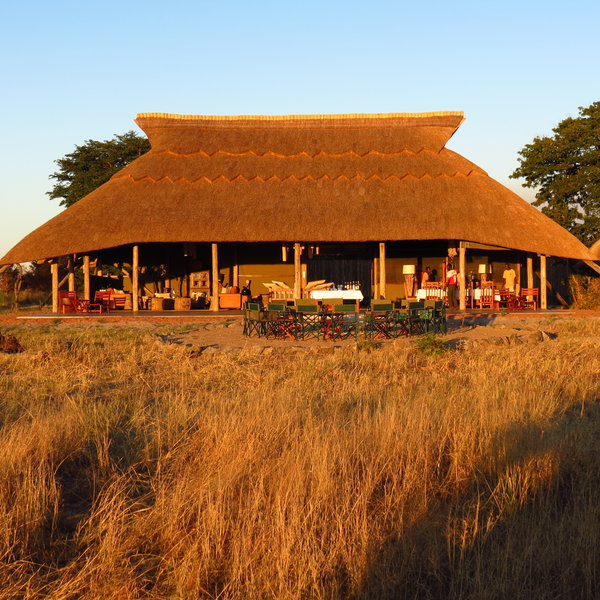
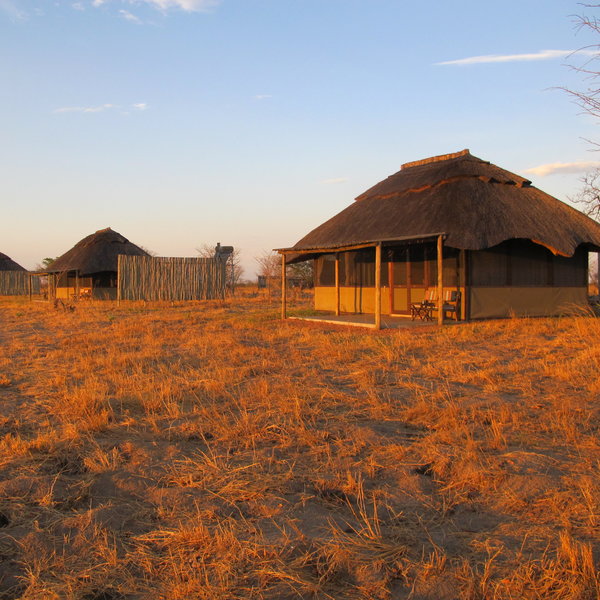
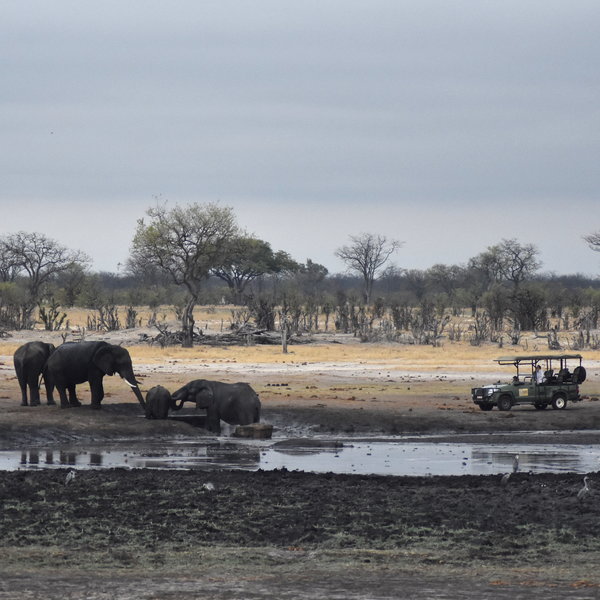
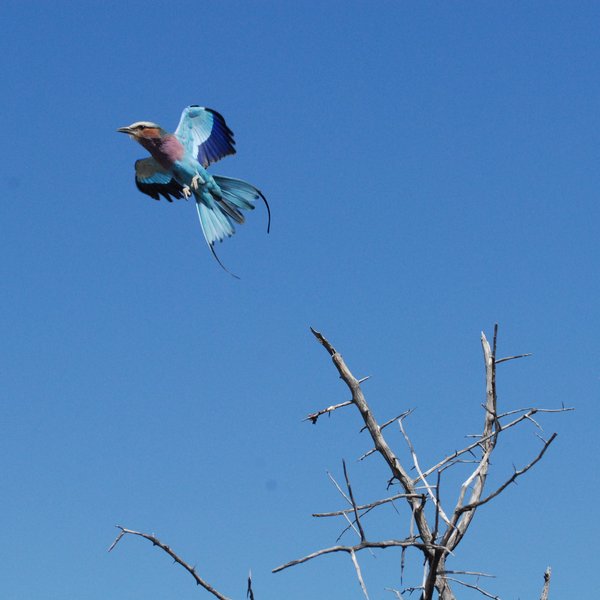
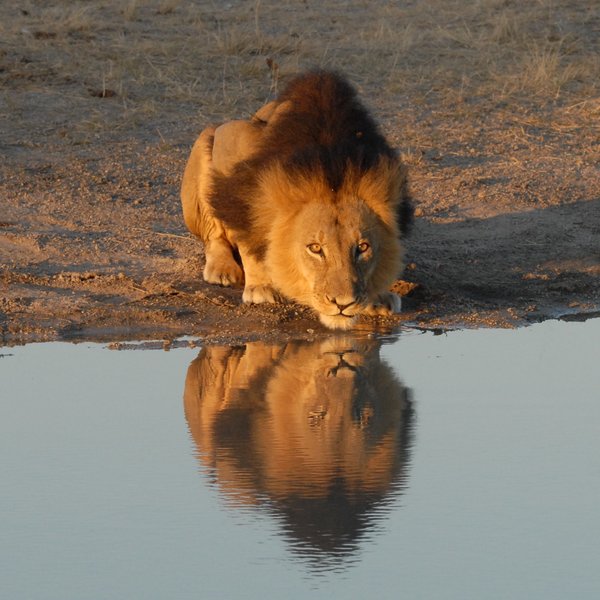
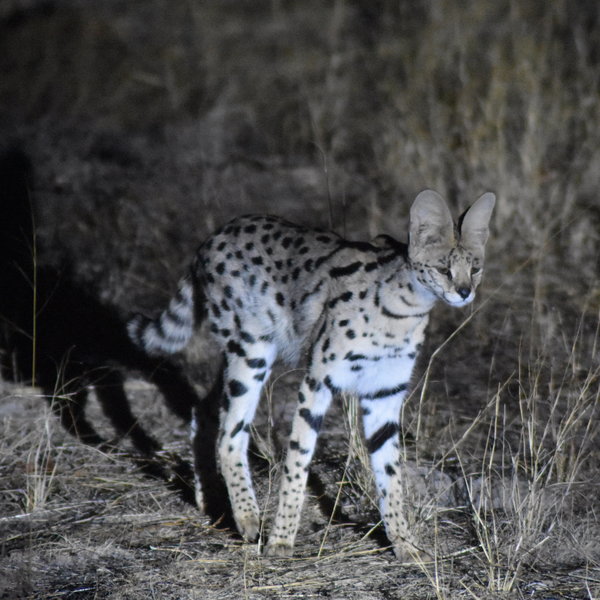
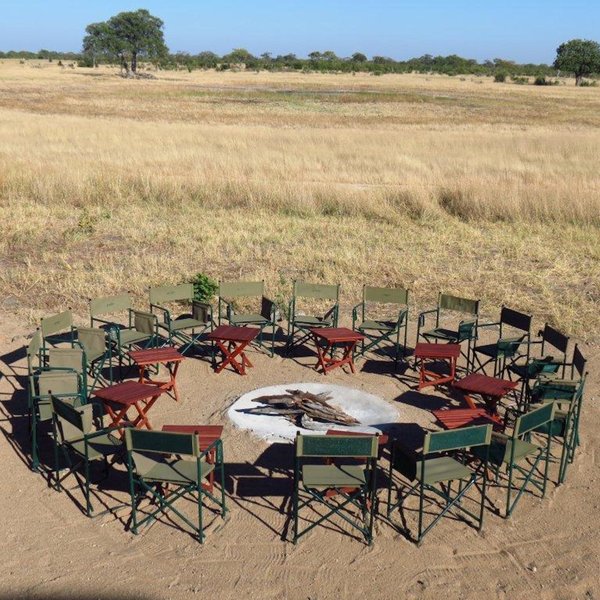
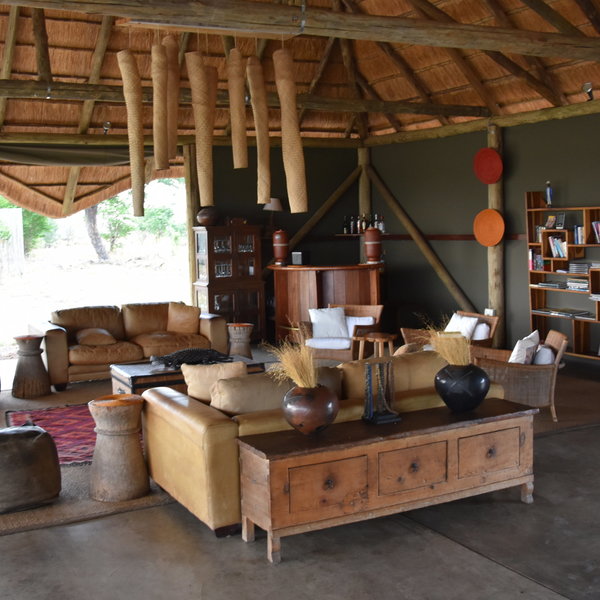
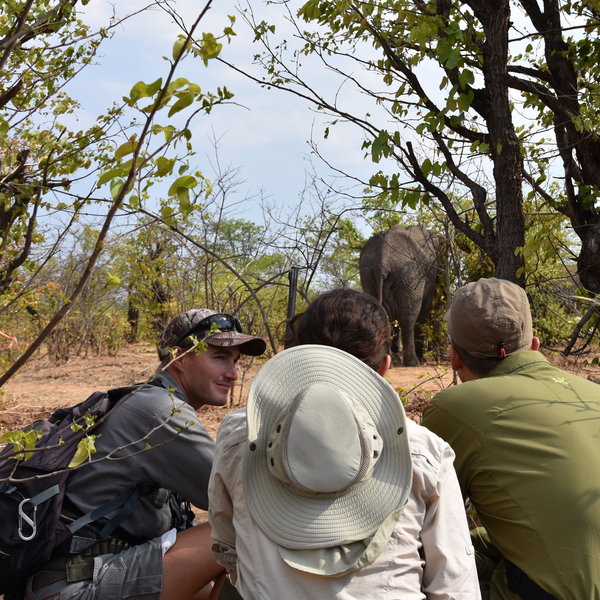
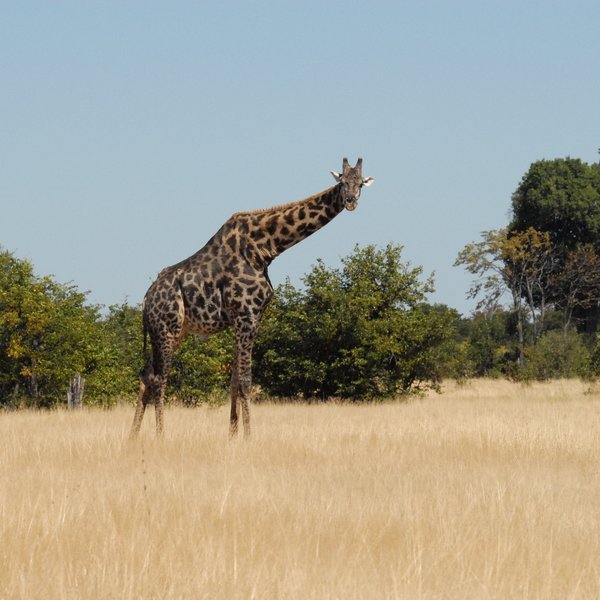
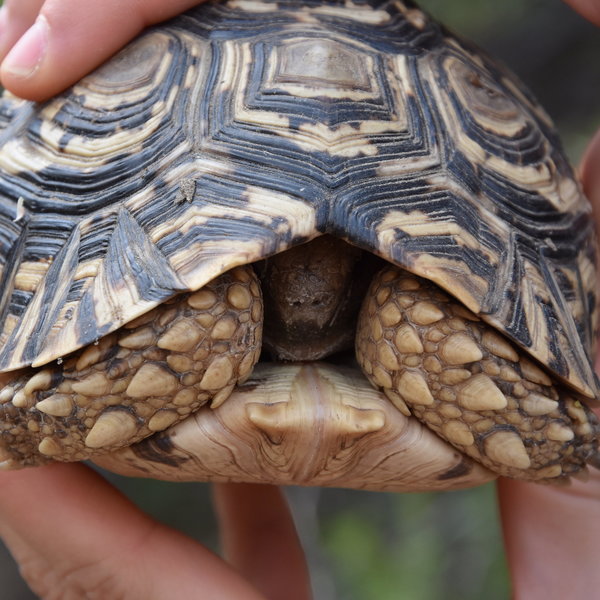
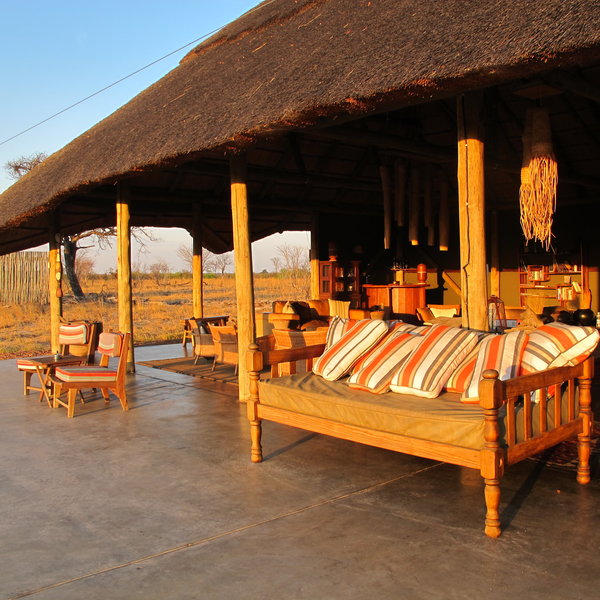
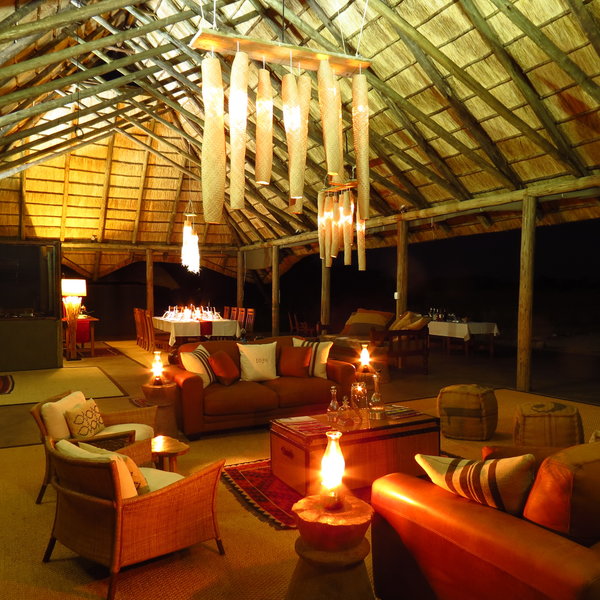
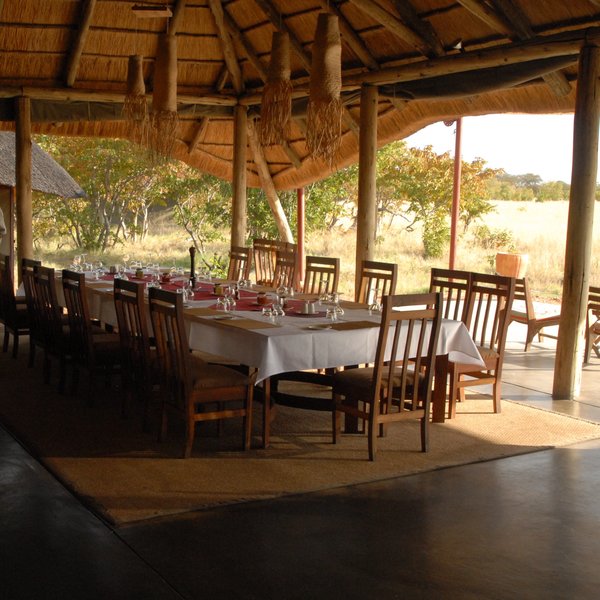
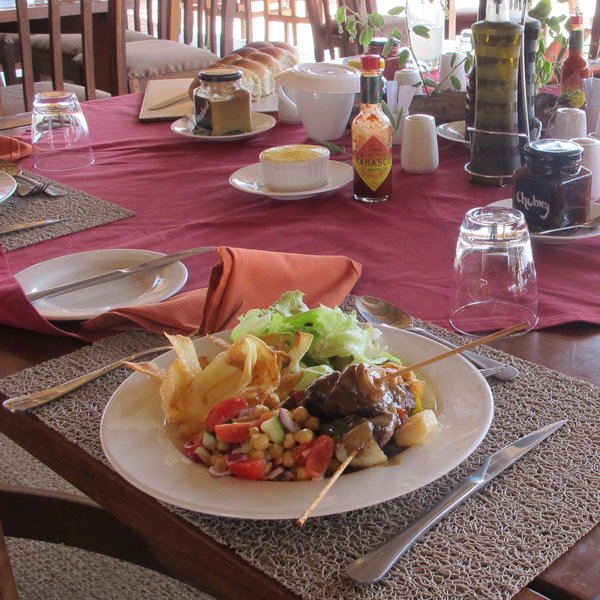
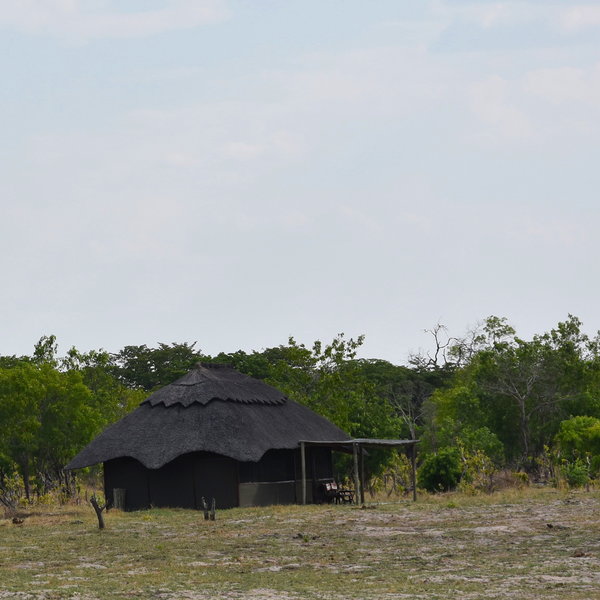
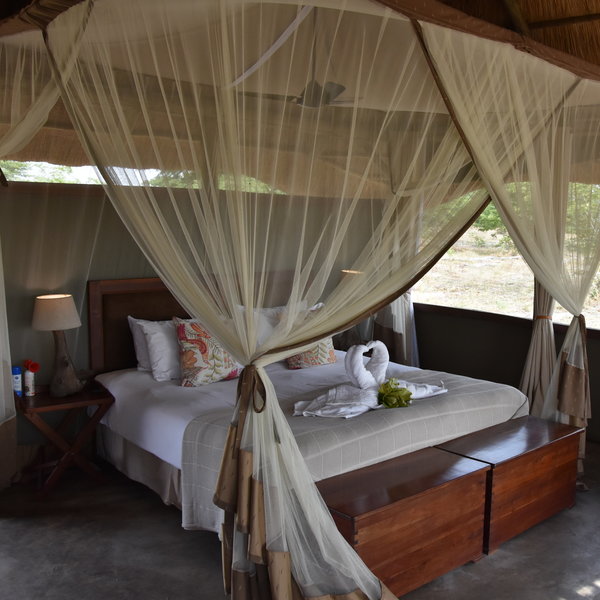
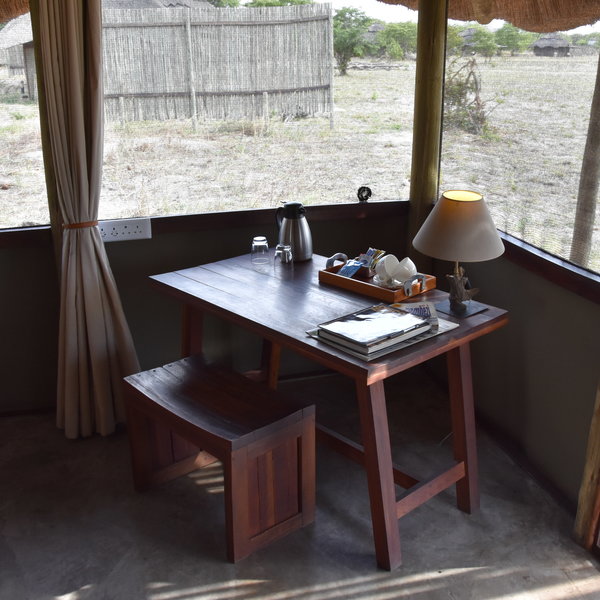
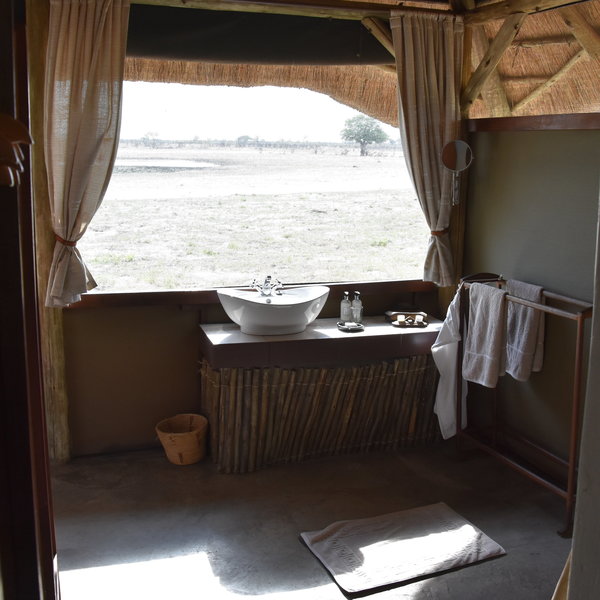
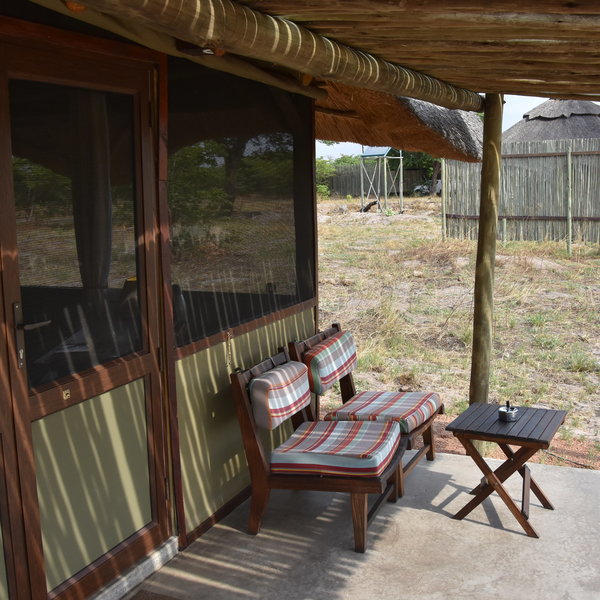
Expert Africa's gallery
When we travel we take lots of photos ourselves to give you a real and un-edited view of the safaris. See our 74 pictures of Camp Hwange to get the candid view.
View gallerySafaris visiting Camp Hwange
Just ideas, we'll always tailor-make a trip for you
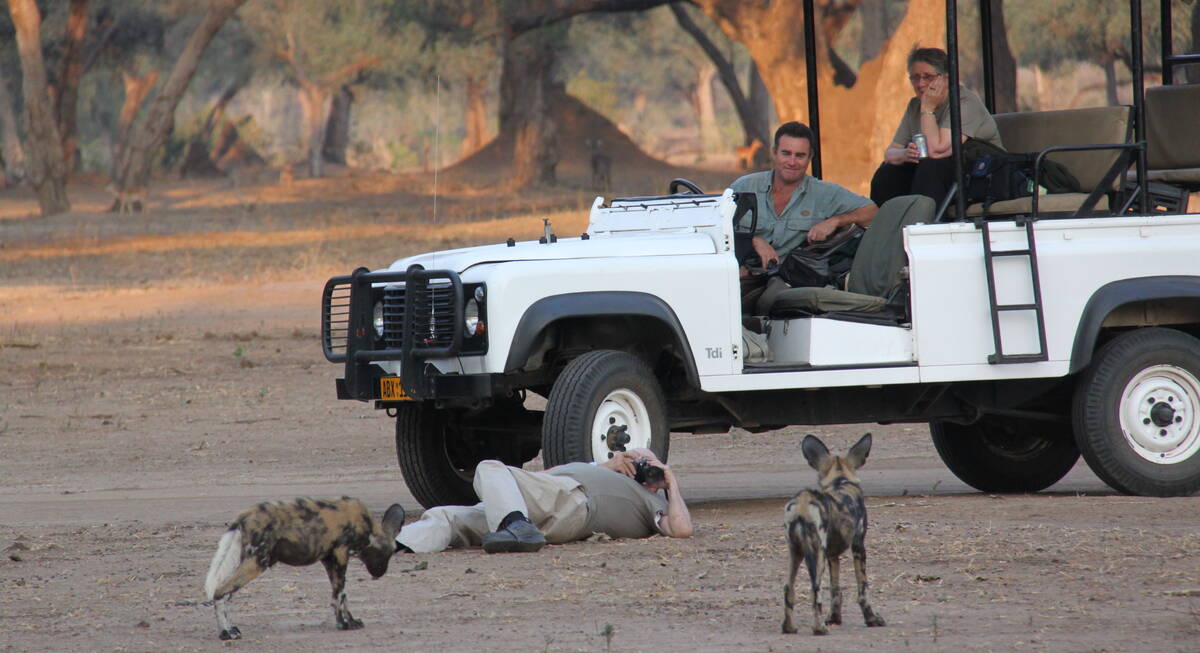
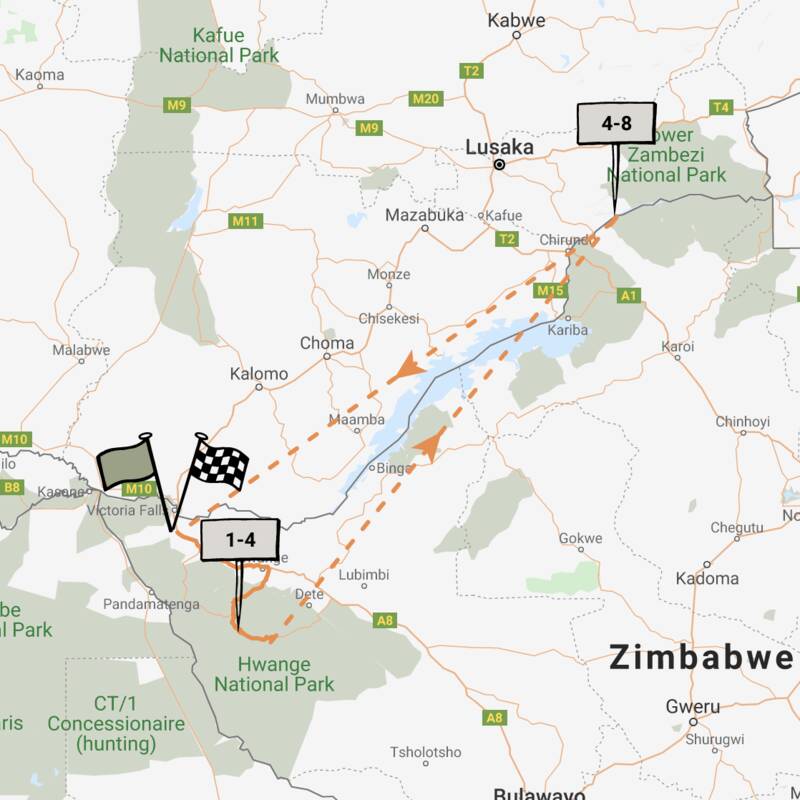
Lion Safari
7 days • 2 locations • 1 country
VICTORIA FALLS AIRPORT TO VICTORIA FALLS AIRPORT
The classic Expert Africa Zimbabwe safari. Combining two of our favourite independent camps, each run by celebrated guides, exciting game drives, world-class walks and canoeing in premier wildlife watching destinations.
Visiting Mana Pools, Hwange
US$7,300 - US$10,280 per person
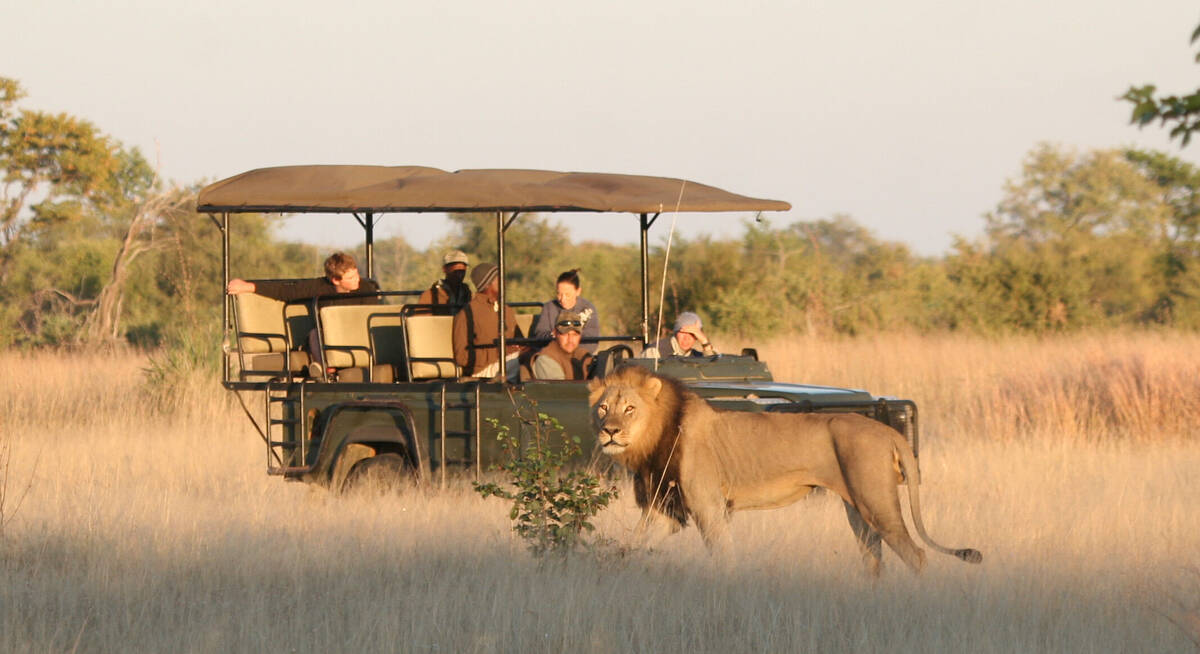
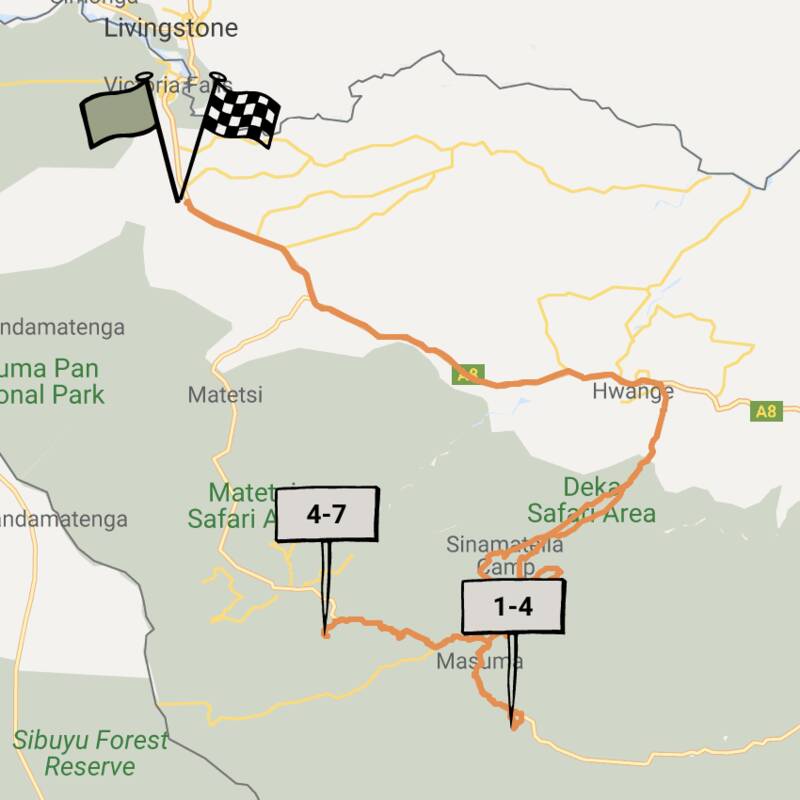
Side-striped Jackal Safari
6 days • 2 locations • 1 country
VICTORIA FALLS AIRPORT TO VICTORIA FALLS AIRPORT
Get an in-depth experience of Zimbabwe’s colossal Hwange National Park, staying at two experience-focused camps with excellent guiding in contrasting areas. An adventurous safari for the real enthusiast.
Visiting Hwange
US$3,930 - US$6,420 per person
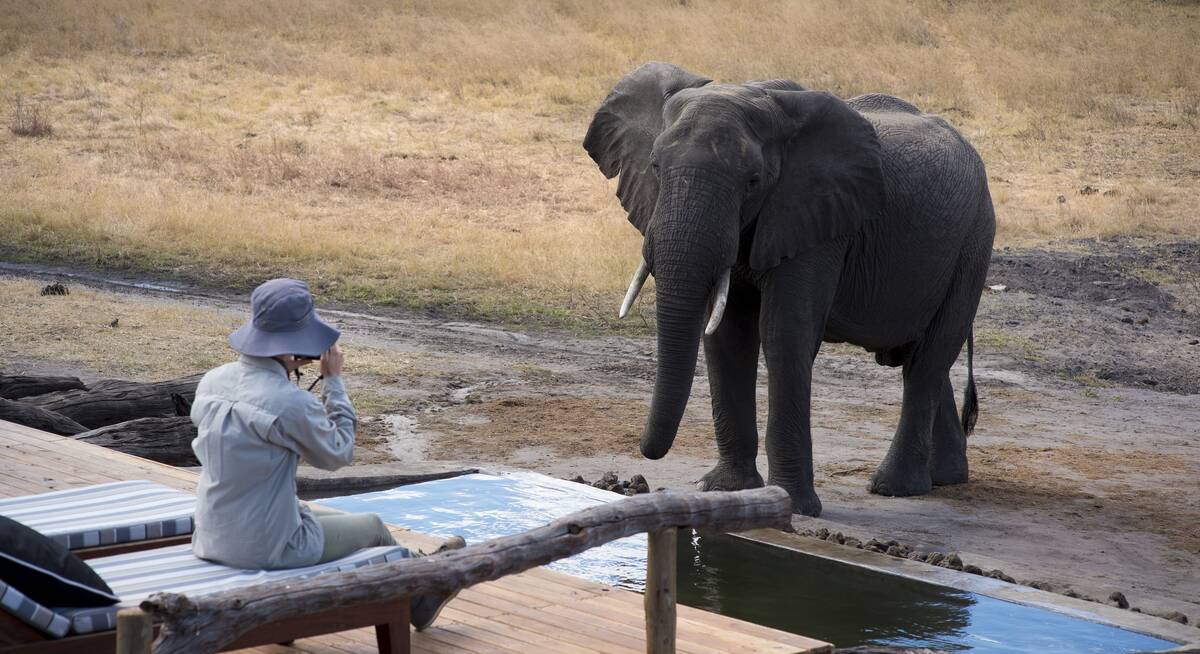
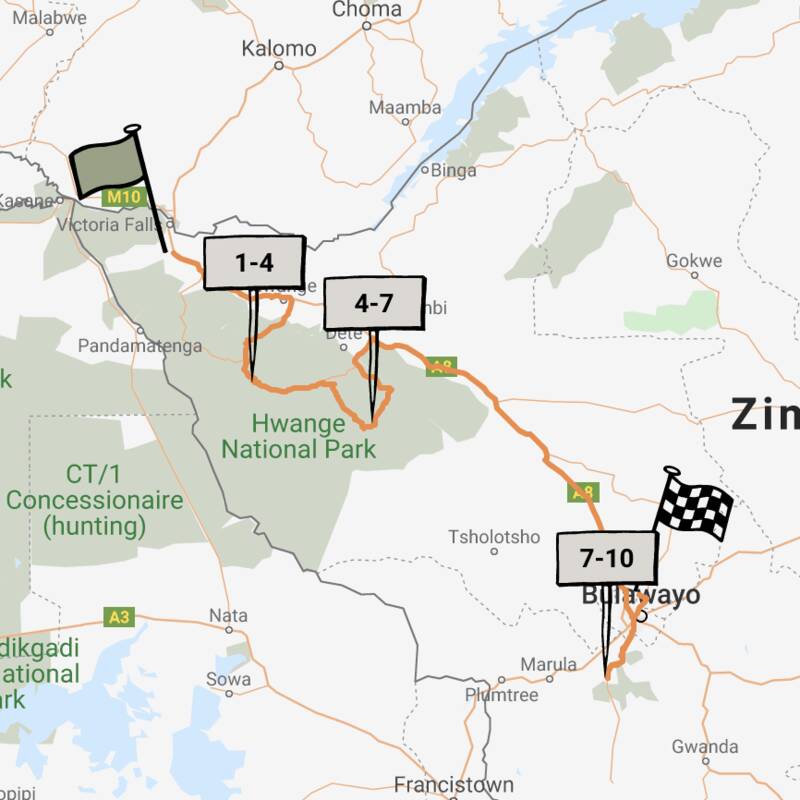
Ground Hornbill Safari
9 days • 3 locations • 1 country
VICTORIA FALLS AIRPORT TO BULAWAYO AIRPORT
This Zimbabwean odyssey explores Hwange National Park from two small camps, renowned for their great guiding, before ending with insights into cultural history, a little luxury and first-class rhino tracking in the Matobo Hills.
Visiting Matobo, Hwange
US$5,540 - US$8,560 per person
Camp Hwange: Our full report
In the north-west of Hwange National Park, where the Kalahari's flat plains start to transition into rugged ...
... hills, you’ll find Camp Hwange. The camp combines a distinct "bush" feel with an emphasis on the safari experience and top guiding.
One of the Expert Africa team first stayed on the site of Camp Hwange in 2011 before it had even been built. It’s in a quiet area of the park with few other properties, and we have returned several times since, most recently in July 2023. On each visit we have been impressed by our experience here – in particular the superb standard of guiding.
Accommodation at Camp Hwange is rather more solid that that at its sister camp Hwange Bush Camp with eight canvas-and-thatch chalets, all overlooking the waterhole in front of camp. Large gauze windows make the most of the view, while allowing a breeze to blow through and keeping insects out. In the hotter months, a ceiling fan over the bed helps to keep the air circulating. Each bedroom is simply furnished with very comfortable double or twin beds curtained by mosquito nets, a writing desk with a tea/coffee station, a wooden storage trunk, soft floor rugs and a small couch. Outside is a small porch set with chairs and a coffee table looking toward the waterhole – an ideal place to watch the sun rise.
The en-suite bathroom has a large walk-in, solar-heated shower, a washbasin with complimentary shower gels, shampoos, insect repellent and lip balm, luggage storage with safe, and a flush toilet in a separate cubicle.
Sandy paths link the chalets to the main area, a large, open-plan building beneath a thatched roof, with 180° vistas across to the waterhole, where animals often come to drink. Alongside a large communal dining table are a couple of seating areas with very comfortable sofas and chairs, and a small but well-stocked bar.
Camp Hwange’s firepit forms a focal point for pre- and post-dinner discussions of the day's events and sightings, usually with a drink in hand and some tasty canapés from the kitchen. It's also where guests begin their day with coffee and a light breakfast. One morning we were treated to the sight of a lone lioness drinking at the waterhole, so after a hasty breakfast we followed her by vehicle to find the rest of her pride; it’s the sort of thing that seems to be a regular occurrence here.
The area around camp is particularly good for elephant in the dry season, and you can spend a couple of hours in the early morning or late afternoon at the wood pile hide in front of camp, overlooking the waterhole. You may need a degree of patience as you wait to see what will come down to drink, but it's frequently rewarded by great close-up sightings.
Further afield, activities at Camp Hwange focus on walking and 4WD game drives, both morning and afternoon. The beauty of these is their flexibility, something that we particularly enjoyed on one visit when we were due to set out on a walk from camp, but instead jumped on a vehicle to investigate the sound of lions calling from a few kilometres away. We then picked up on our walking safari later in the day. With no set schedules there's a genuine sense of adventure, and this, together with the guiding team's exceptional knowledge and enthusiasm, creates a really varied and authentic safari experience. If you’re staying more than a couple of nights, you may also be offered the choice of a full-day drive.
We've had several fascinating excursions with Camp Hwange's guides, some of the most exciting being when we approached lion and elephant on foot (on separate occasions) to within 20m. While this was undoubtedly exhilarating, we have always had every confidence that the guides have been acting in a safe and responsible manner.
We have also encountered smaller species such as a juvenile python looking for a spot to hibernate, and the nests of Cape turtle doves, complete with blind chicks. At other times we have explored the rocky hills to the north of camp on foot, and have ended an evening drive, gin and tonic in hand, watching a pride of lions interact.
In recent years relatively few self-drive travellers have visited Hwange National Park. Thanks to this, and to Camp Hwange's location in a private 50km2 concession, much further west than most other lodges in the park, you’ll seldom see any other vehicles when out on activities. As Zimbabwe starts to show tentative signs of economic recovery we have our doubts that this level of exclusivity will last, but for now Camp Hwange offers an exceptionally private game experience in one of Africa's most diverse national parks.
Activities
4WD Safari
Birdwatching
Guided walking safari
Night drive
Private activities
Families & children
- Attitude towards children
- Camp Hwange has an official age limit of eight years old, but is willing to consider younger travellers on a case-by-case basis.
- Property’s age restrictions
- Camp Hwange normally accepts children only aged eight and up. Children under 16 may not take part in walking safaris.
- Special activities & services
- None
- Equipment
- Each chalet at Camp Hwange has a small couch that can open out as a bed for one child. For a family group with two children, one adult and one child would share a tent. Children may not sleep in their own rooms.
- Generally recommended for children
- Camp Hwange is very open with no fences, and dangerous wild animals frequently pass through. In addition there is a strong focus on walking safaris, which are not permitted for children under 16. We therefore recommend this camp for children of 16 and over.
- Notes
- Camp Hwange is an open safari camp and dangerous animals are likely to pass through; children must be supervised by a parent at all times.
Food & drink
- Usual board basis
- Full Board & Activities
- Food quality
- We’ve always enjoyed the food at Camp Hwange, no less so on our last stay, in November 2017. Meals are eaten communally, with guides and managers joining guests, which we feel adds to the experience. Dietary requirements can be catered for on requests with enough advanced notice.
Breakfast is served early, between 5.00am and 5.30am, in order to make the most of the morning light on your activities. Typically you can expect a cold buffet of fruits, cereals, yoghurts and pastries, with the option of a hot breakfast on your last morning, or before a pre-planned more leisurely start.
Lunch is usually served around 11.30am, but this depends on when you arrive back from your activities. We enjoyed scotch eggs with a variety of salads and fresh bread, followed by tinned peaches with yoghurt. Our lunch was served buffet style and proved to be the perfect light bite on a hot day.
Dinner typically follows drinks around the campfire. We were treated to a caramelised onion and blue cheese tartlet to start, with a main course of stuffed beef fillet with creamed spinach, rice and seasonal vegetables. However, the highlight for us was a delightful self-saucing chocolate pudding.
Part way through the morning activity you'll usually stop for a tea/coffee break accompanied by fresh muffins and a selection of homemade biscuits. Prior to the afternoon activity, guests usually gather in the main area for afternoon tea and cake. - Dining style
- Group Meals
- Dining locations
- Indoor and Outdoor Dining
- Further dining info, including room service
- Packed lunches can be arranged for your onward journey with prior notice; just let the kitchen know the night before.
- Drinks included
- Soft drinks and wines, spirits and beers are included in the price. High-end liqueurs, champagne, imported wines (except most South African wines) and spirits are not.
The water from the taps in the rooms is filtered and is considered safe to drink. Bottled water is also readily available.
Our travellers’ wildlife sightings from Camp Hwange
Since mid-2018, many of our travellers who stayed at Camp Hwange have kindly recorded their wildlife sightings and shared them with us. The results are below. Click an animal to see more, and here to see more on our methodology.

100% success

100% success

100% success

92% success

88% success

85% success

59% success

57% success

57% success

47% success

43% success

36% success

31% success

29% success

11% success

3% success

3% success

0% success

0% success
Getting there
- Location
- Hwange National Park, Zimbabwe
- Ideal length of stay
- We recommend at least three nights here.
- Directions
- Camp Hwange is about a four-hour drive from Victoria Falls airport. The first hour is on main roads in an air-conditioned minibus; the remainder is through the park in a safari 4WD. Alternatively, the camp is about two hours’ drive through the park from Hwange Main Camp. The drive time through the park varies depending on what you see, and can sometimes include a picnic lunch en route.
- Accessible by
- Fly-and-Transfer
Special interests
- Birdwatching safaris
- Hwange National Park offers a good range of habitats which attracts a large number of resident and migratory birds. With some of the best guides in the park Camp Hwange is an excellent option for your birdwatching safari in Zimbabwe.
- See ideas for Birdwatching safaris in Zimbabwe
- Photography safaris
- With a guiding team led by Dave Carson, one of the country’s leading professional guide examiners, Camp Hwange’s guiding team is one of the best. This makes it a fantastic option on a photographic safari to Zimbabwe.
- See ideas for Photography safaris in Zimbabwe
- Walking safaris
- For a wildlife safari in Zimbabwe, consider Camp Hwange, which has a very strong focus on top guiding. Whether watching wildlife by vehicle or tracking it on foot, you can expect to be led by incredibly knowledgeable and enthusiastic guides with a real passion for the bush.
- See ideas for Walking safaris in Zimbabwe
- Wildlife safaris
- All the guides at Camp Hwange are all experienced walking guides with an exciting mix of adventurous spirit and respect for animals and the bush. It's an excellent camp for approaching large animals on foot, and for more general walking safaris in Zimbabwe.
- See ideas for Wildlife safaris in Zimbabwe
Communications
- Power supply notes
- The camp runs on solar power, but also has batteries, so power is available 24 hours a day. Each chalet has plug sockets for charging batteries, but these cannot power a hairdryer.
- Communications
- There is WiFi available but this can be intermittent.
- TV & radio
- None
- Water supply
- Borehole
- Water supply notes
- Each chalet has a flushing toilet and plumbed-in shower with solar-heated hot and cold water.
Health & safety
- Malarial protection recommended
- Yes
- Medical care
- There is a first-aid kit on site and the guides are trained in first aid.
The camp has access to Medical Air Rescue Service (MARS) for very serious incidents. - Dangerous animals
- High Risk
- Security measures
- All guests are accompanied to and from their chalets at night by an armed guide. Air horns are provided in the chalets to attract attention in case of an emergency.
- Fire safety
- There are fire extinguishers in all of the chalets and in the main area at Camp Hwange.
Useful info
- Disabled access
- On Request
- Laundry facilities
- Included, but for cultural reason no underwear will be washed. Washing powder is provided in each chalet should guests wish to do their own hand washing.
- Money
- Each chalet has a safe for valuables.
- Accepted payment on location
- Any additional payments must be made in US dollars cash; credit cards are not accepted.
Plan and book your trip with Expert Africa
All of our trips are tailor-made, so we'll always adapt them to suit you. Talk to an Expert and let us plan and arrange your perfect trip.

Talk to an Expert
Call or email us now! We’ll match you with the Specialist in our team who is best suited to help you. Then together we can start planning your trip.

Set up your itinerary
Based on our experience and your ideas, your specialist will create a detailed, costed itinerary. We’ll refine it together, until we have a trip that you’re perfectly happy with.

Prepare for your trip
The same Specialist will make the seamless arrangements for your trip, send you detailed travel documents, and be available to answer any questions before you depart.

Travel with peace of mind
After you set off, you’ll be cared for by our partners in Africa, most of whom have worked with Expert Africa for decades. And if you ever need us urgently, we’re available 24/7.

When you return
We love to learn about your trip, and so will always be grateful if you’ve the time to give feedback to your Specialist when you return.
Camp Hwange's location
Look closer at the environment and surroundings of Camp Hwange.
Other lodges in Hwange National Park
Alternative places to stay in this same area.
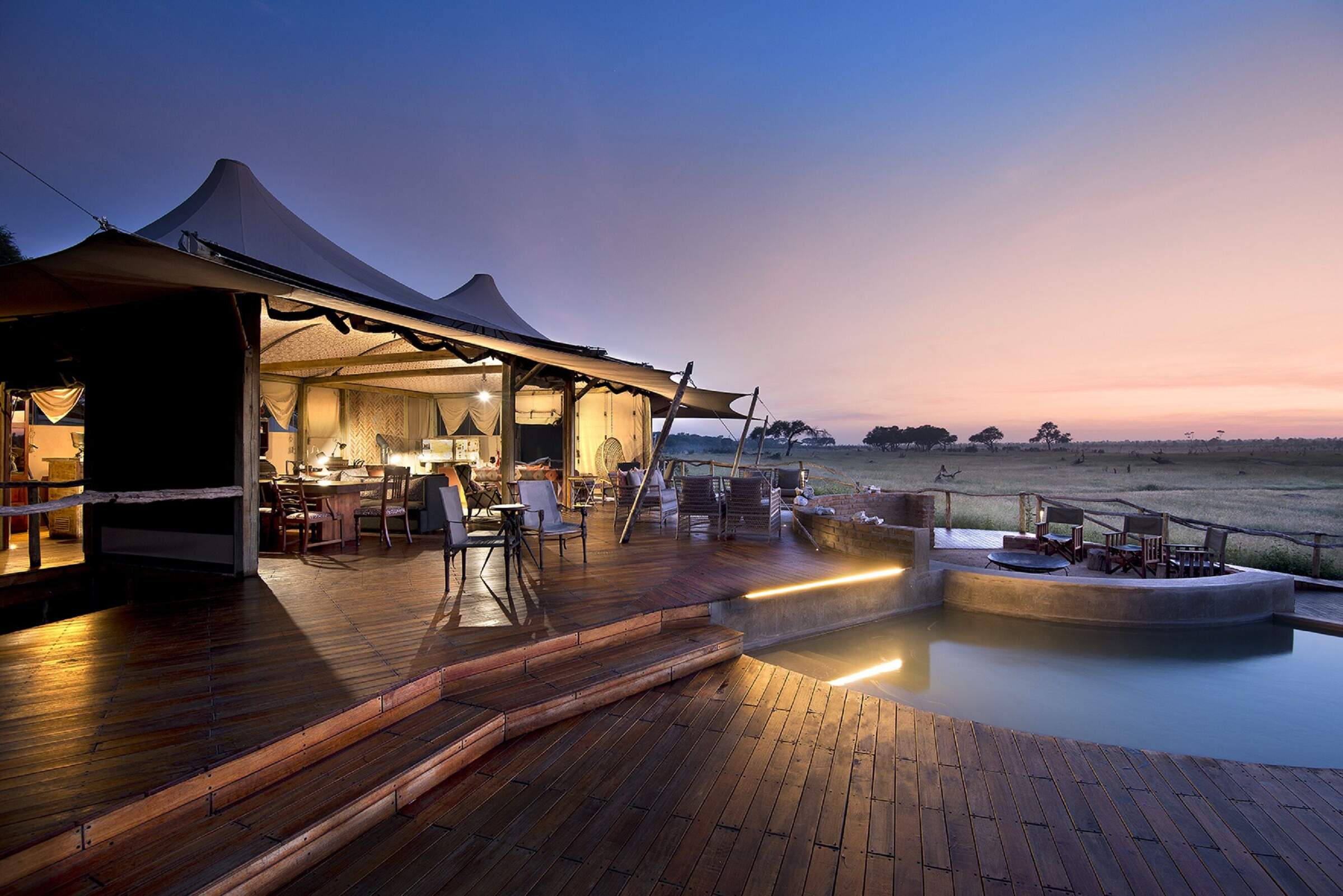
Somalisa Camp
Somalisa is a luxurious, yet remote, safari camp in Hwange National Park, offering walking safaris and game drives.
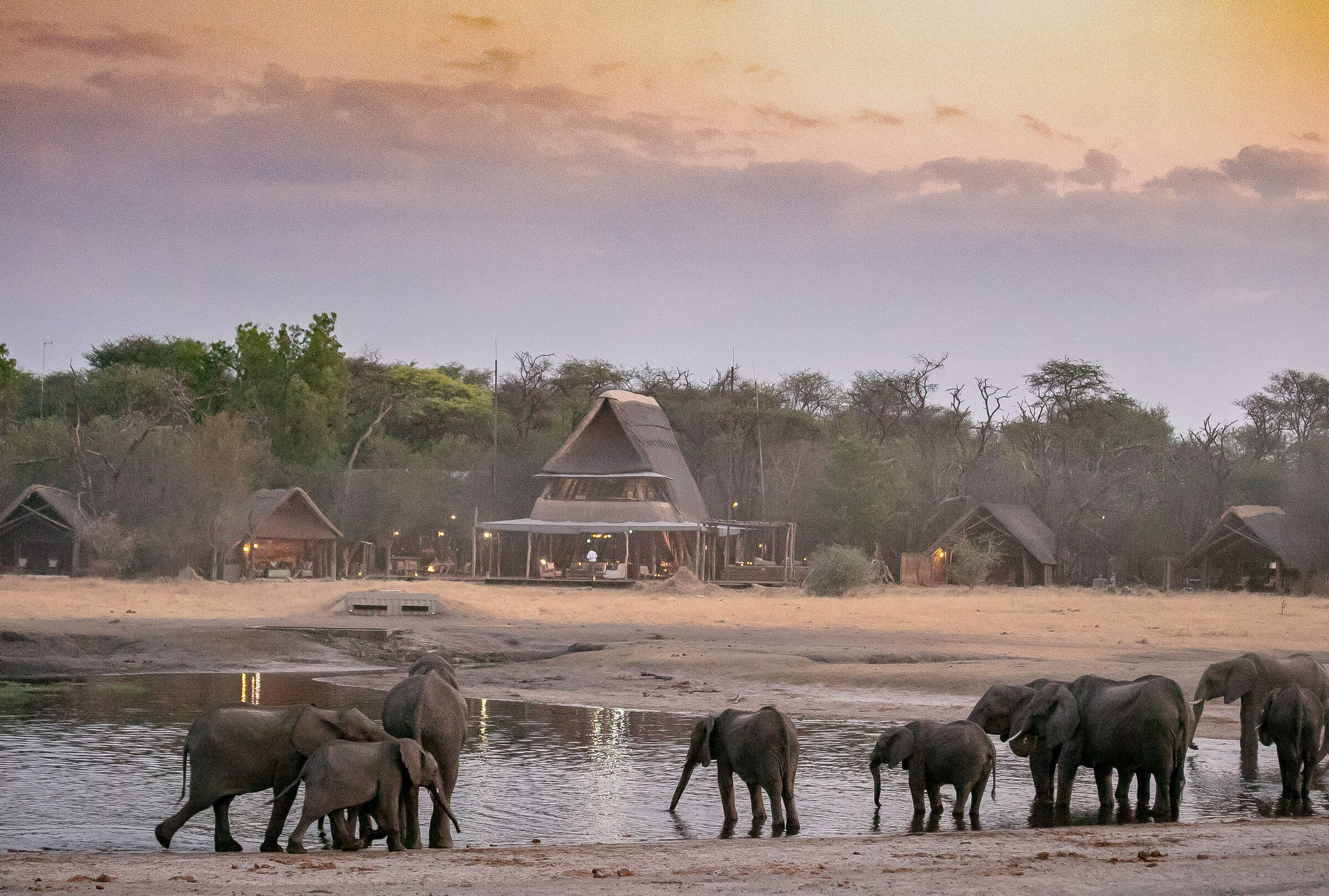
The Hide
Located in a small, private concession, The Hide is a relaxed and comfortable camp offering submerged hides and great family accommodation.
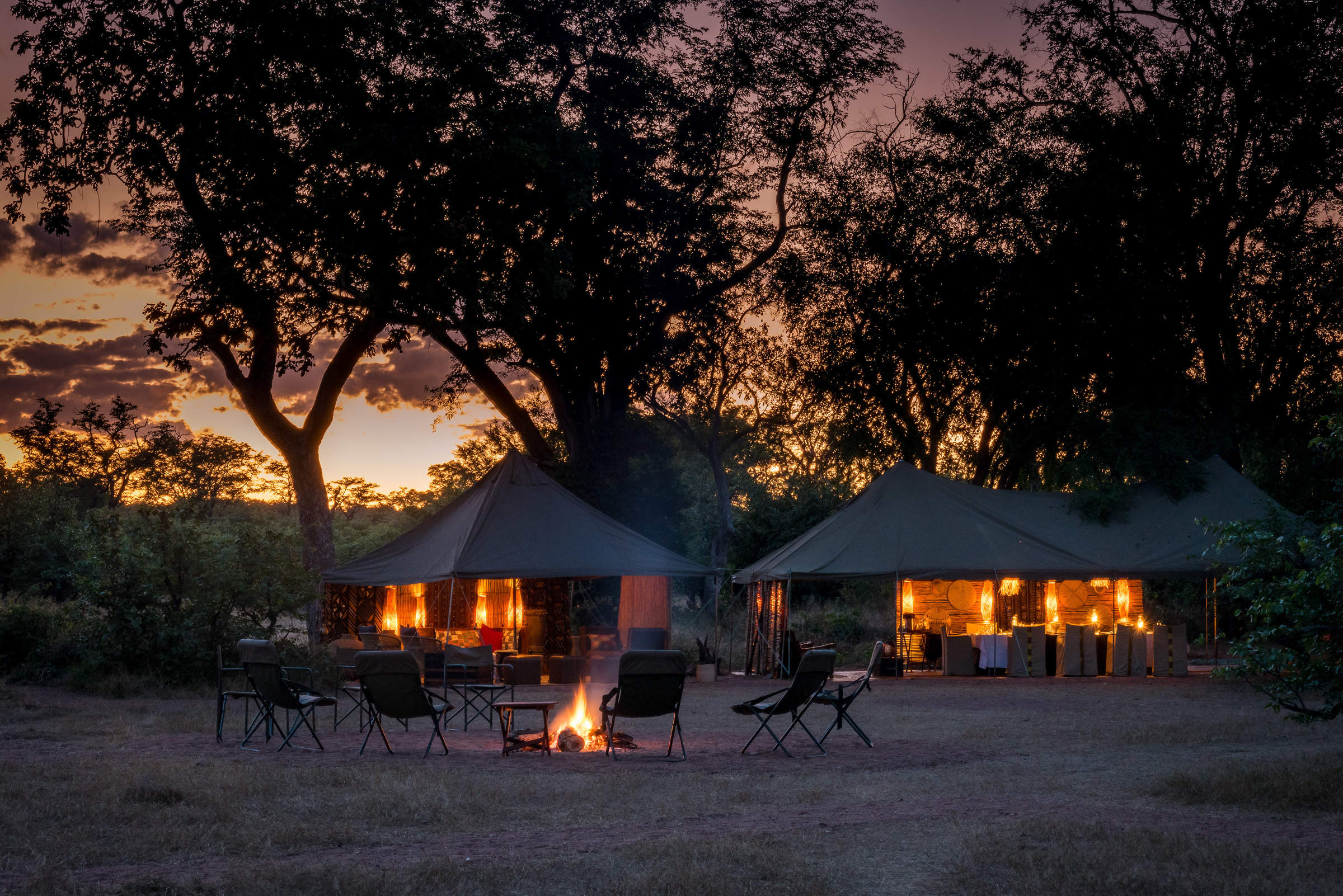
Hwange Bush Camp
Hwange Bush Camp is a small seasonal camp offering comfortable tents, great food, and superb guiding, and is often used by exclusive groups.
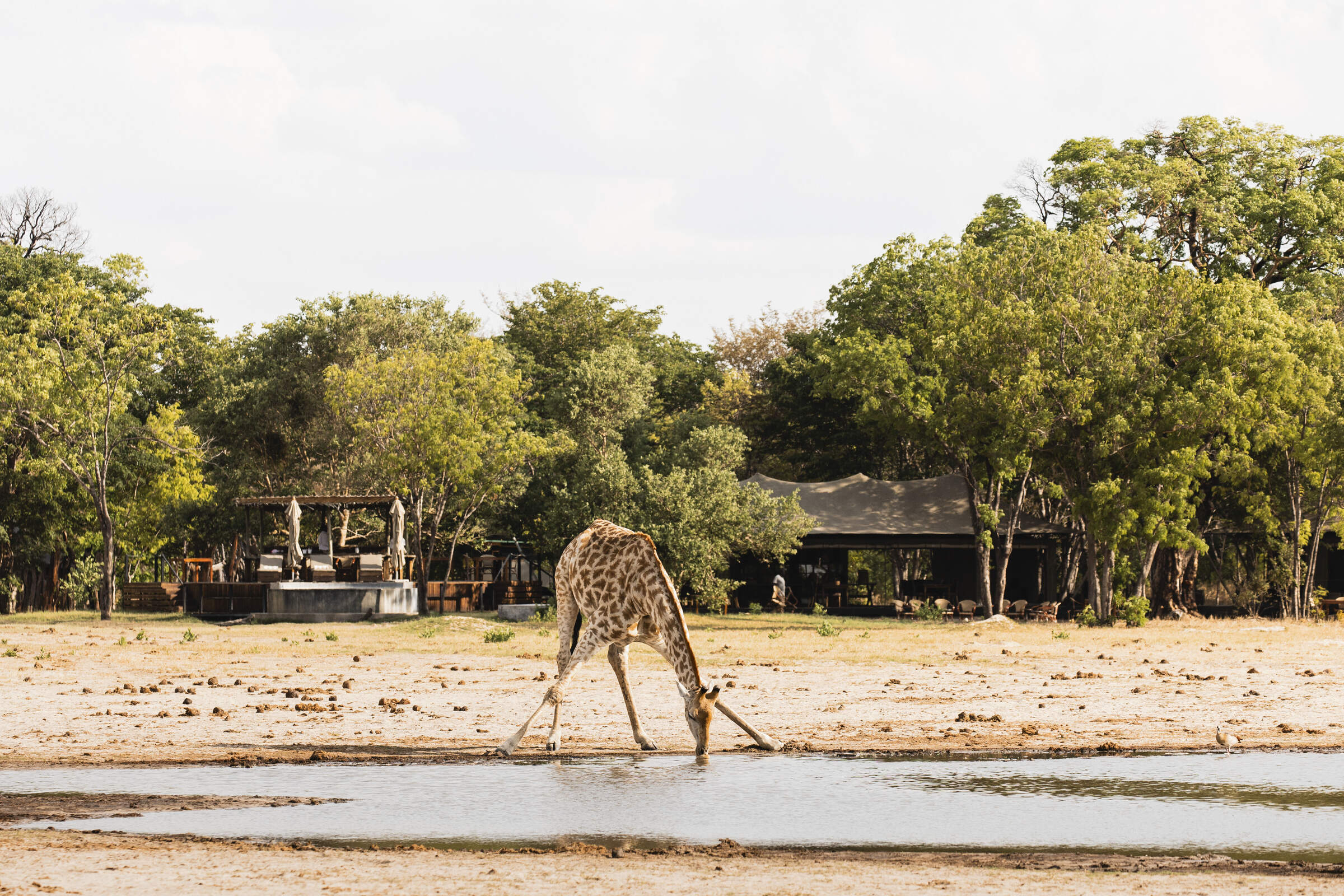
Little Makalolo Camp
Tucked away in Hwange National Park overlooking a waterhole, Little Makalolo Camp combines top guiding with excellent wildlife watching.
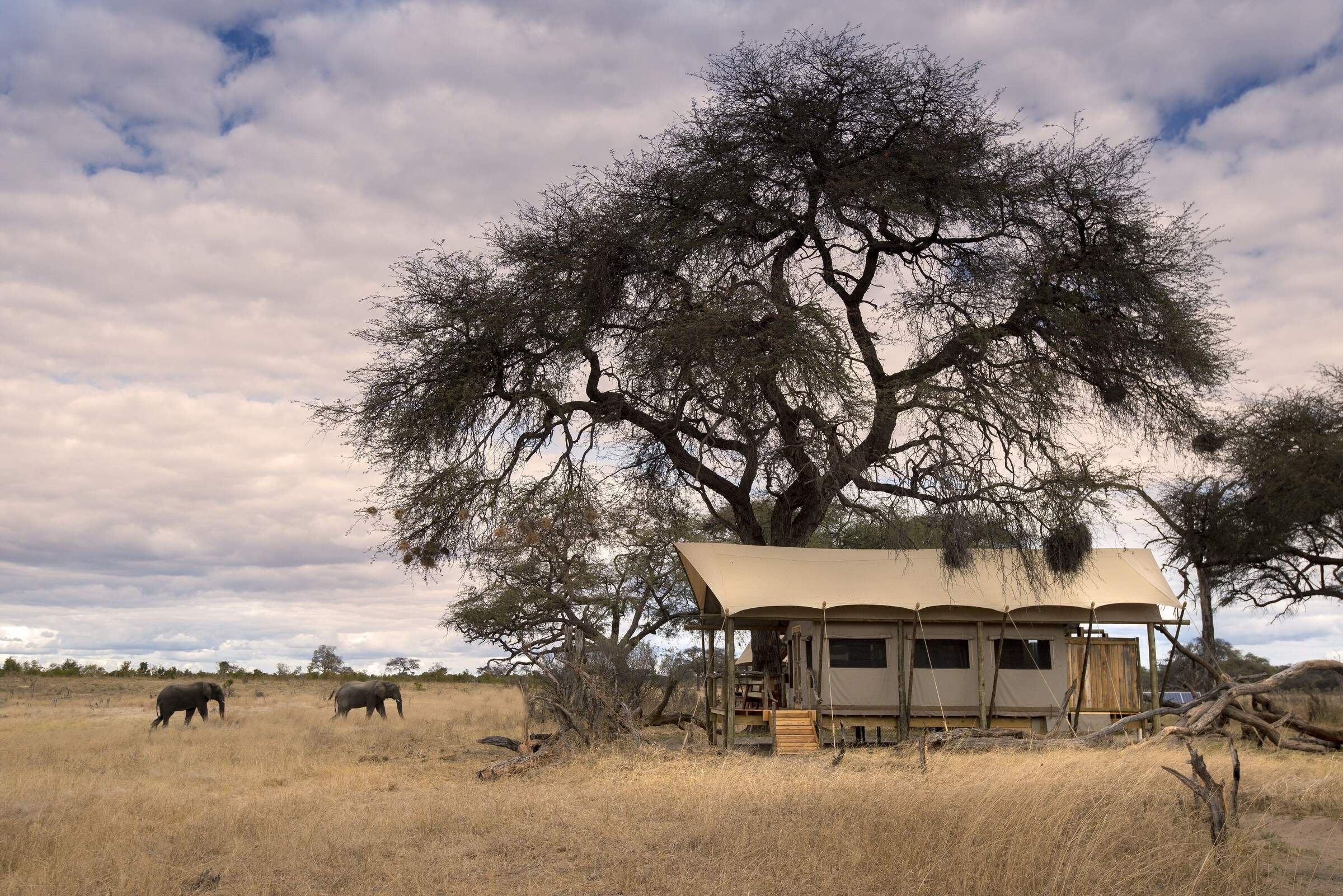
Somalisa Expeditions
A simple but stylish camp, Somalisa Expeditions sits in the heart of Hwange National Park, offering walking safaris and game drives.
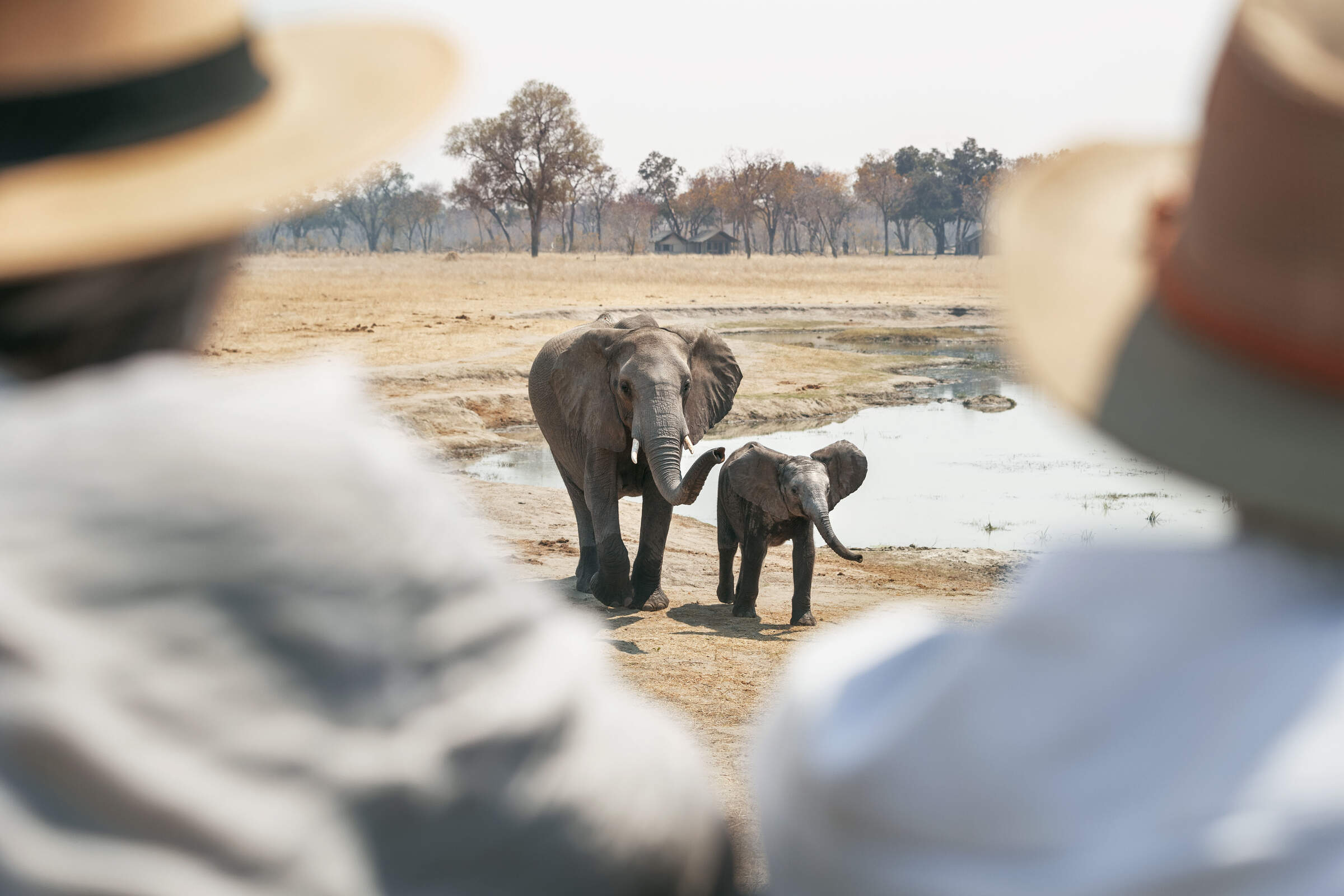
Davison's Camp
Within the Linkwasha Concession, Davison's Camp offers superb value for money, morning walking safaris and spot-lit drives after dark.
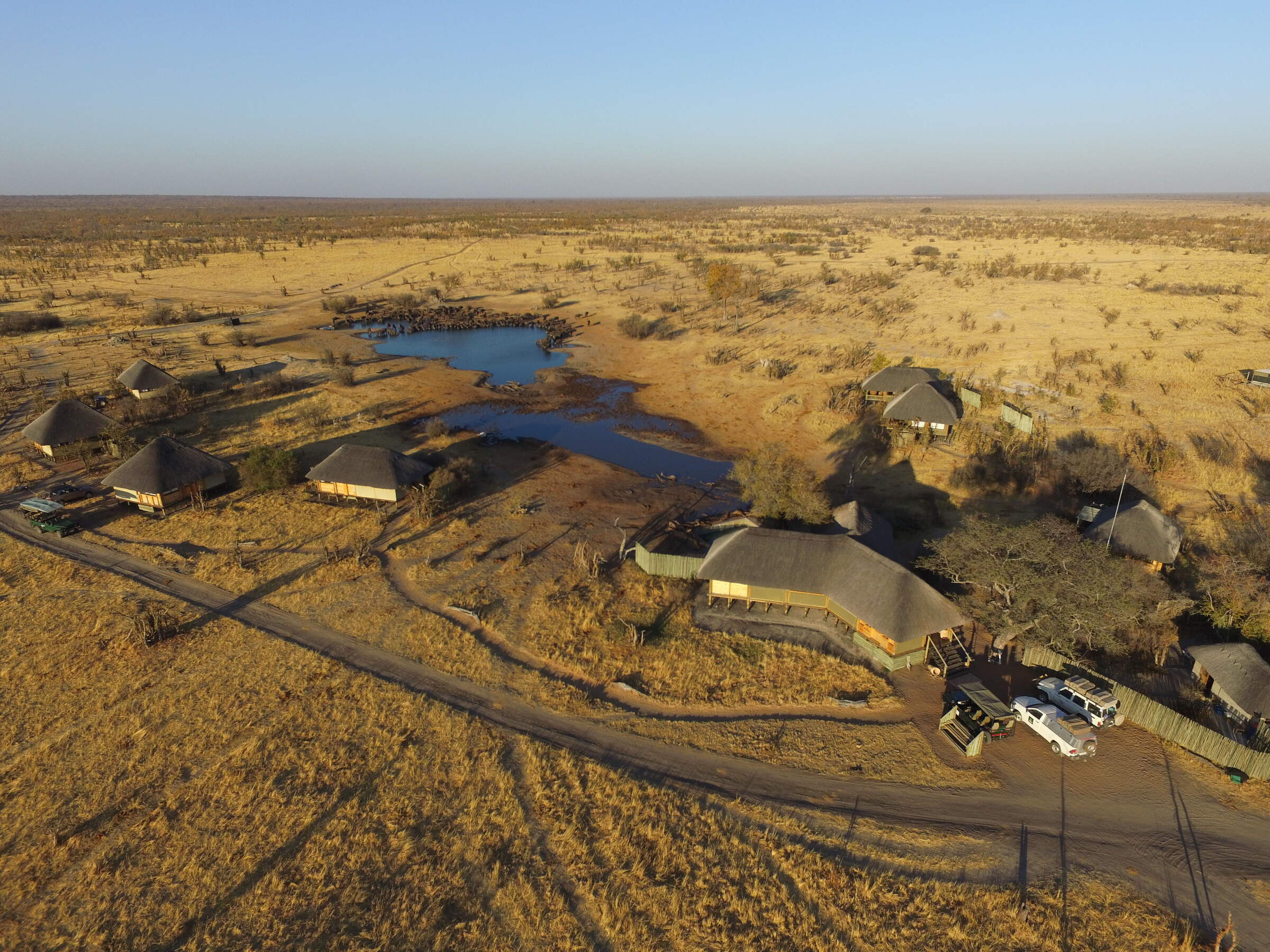
Nehimba Lodge
Nehimba is a comfortable, good-value camp in a remote area of Hwange National Park, teeming with wildlife.
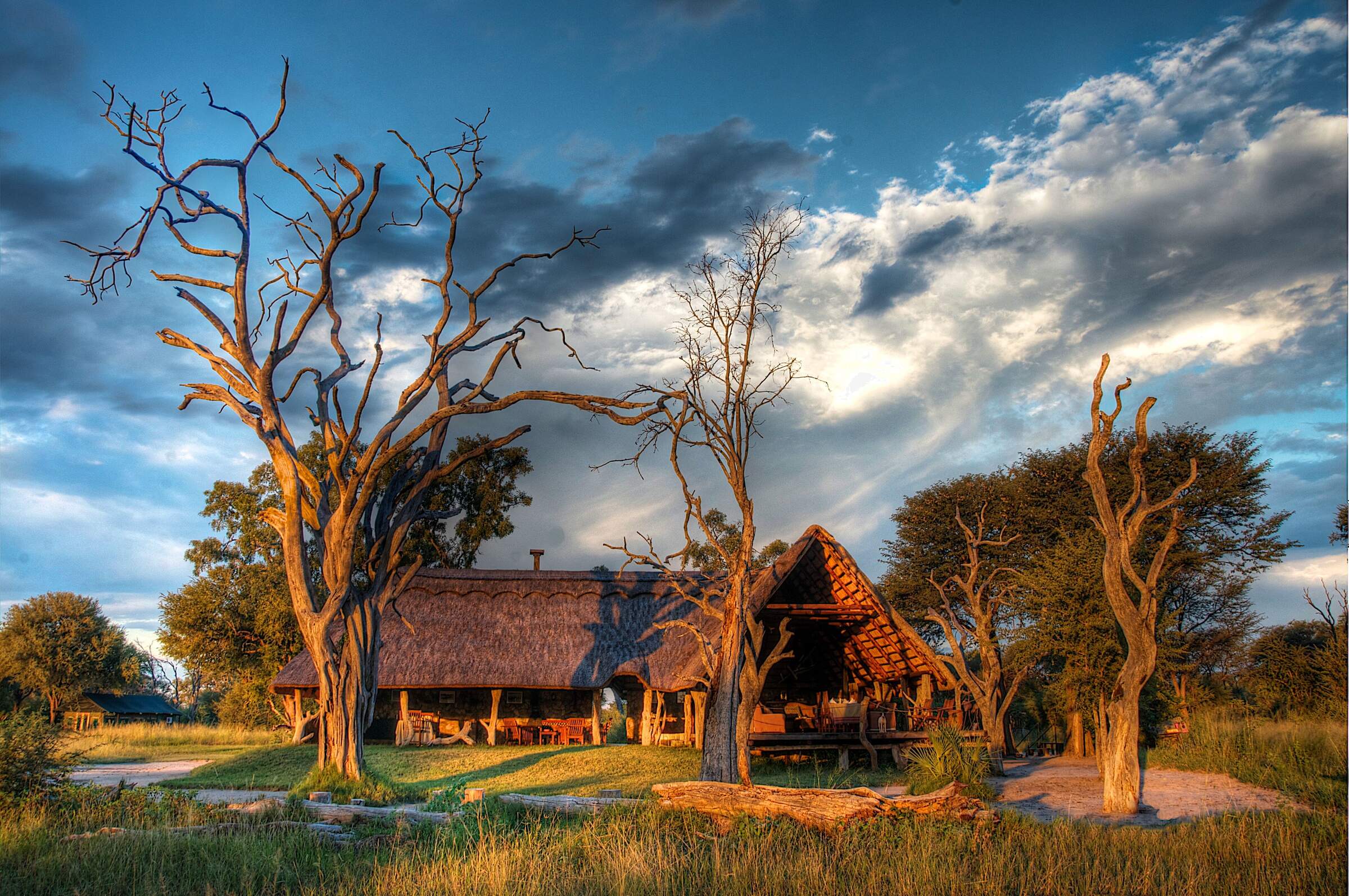
Bomani Tented Lodge
Bomani is a down-to-earth lodge with a range of activities in a remote region of western Zimbabwe, adjacent to Hwange National Park.
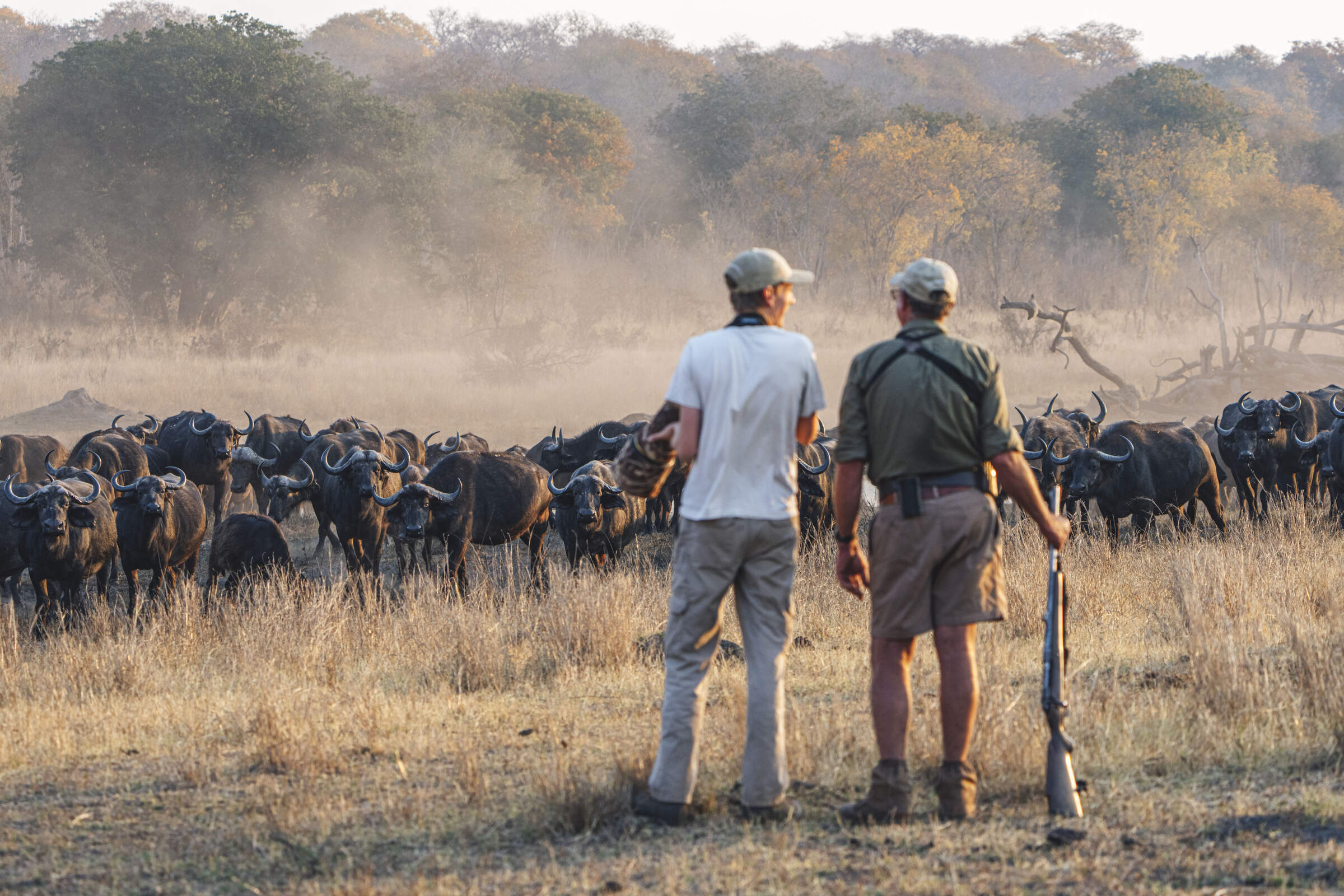
Khulu Bush Camp
Just outside Hwange National Park, Khulu Bush Camp features a waterhole popular with wildlife, especially elephants and offers excellent value for money.
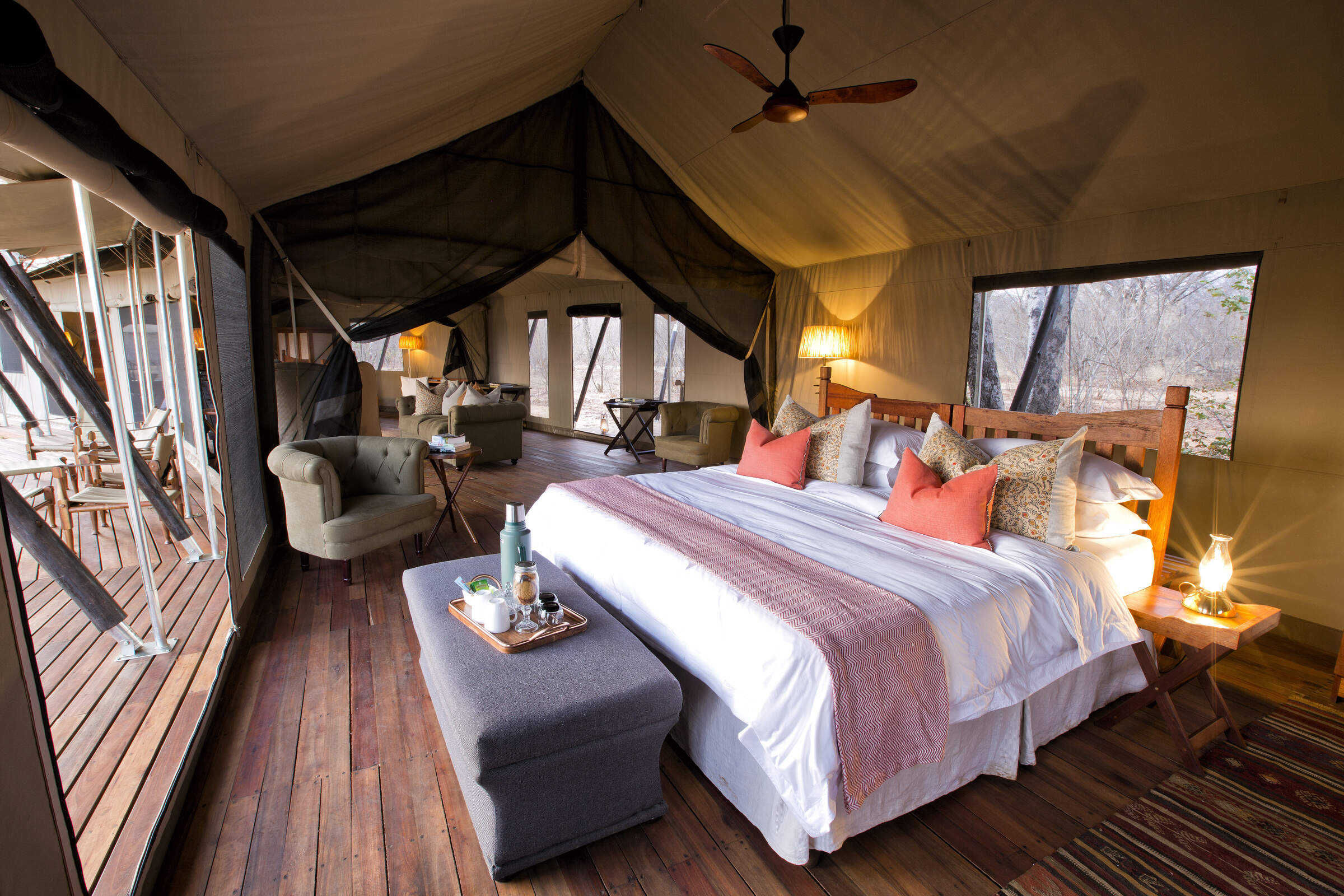
Verney's Camp
Verney's Camp is one of the newest offerings in Hwange, located in the wildlife rich, open landscape in the south-eastern section of the park.
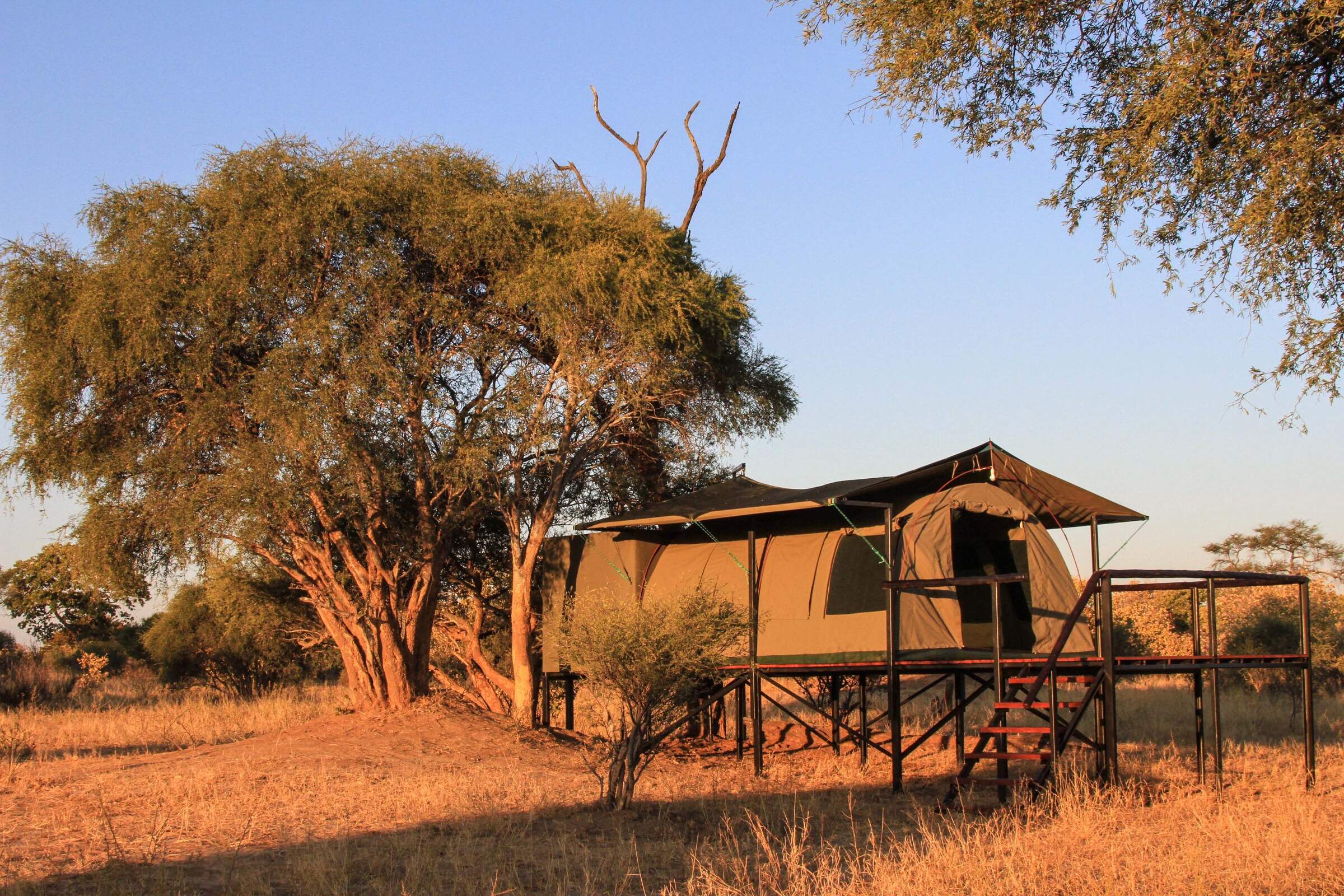
Jozibanini Camp
Remote and rugged, Jozibanini is one of the most remote camps in Zimabwe's largest National Park. Stay here for a real wilderness experience.
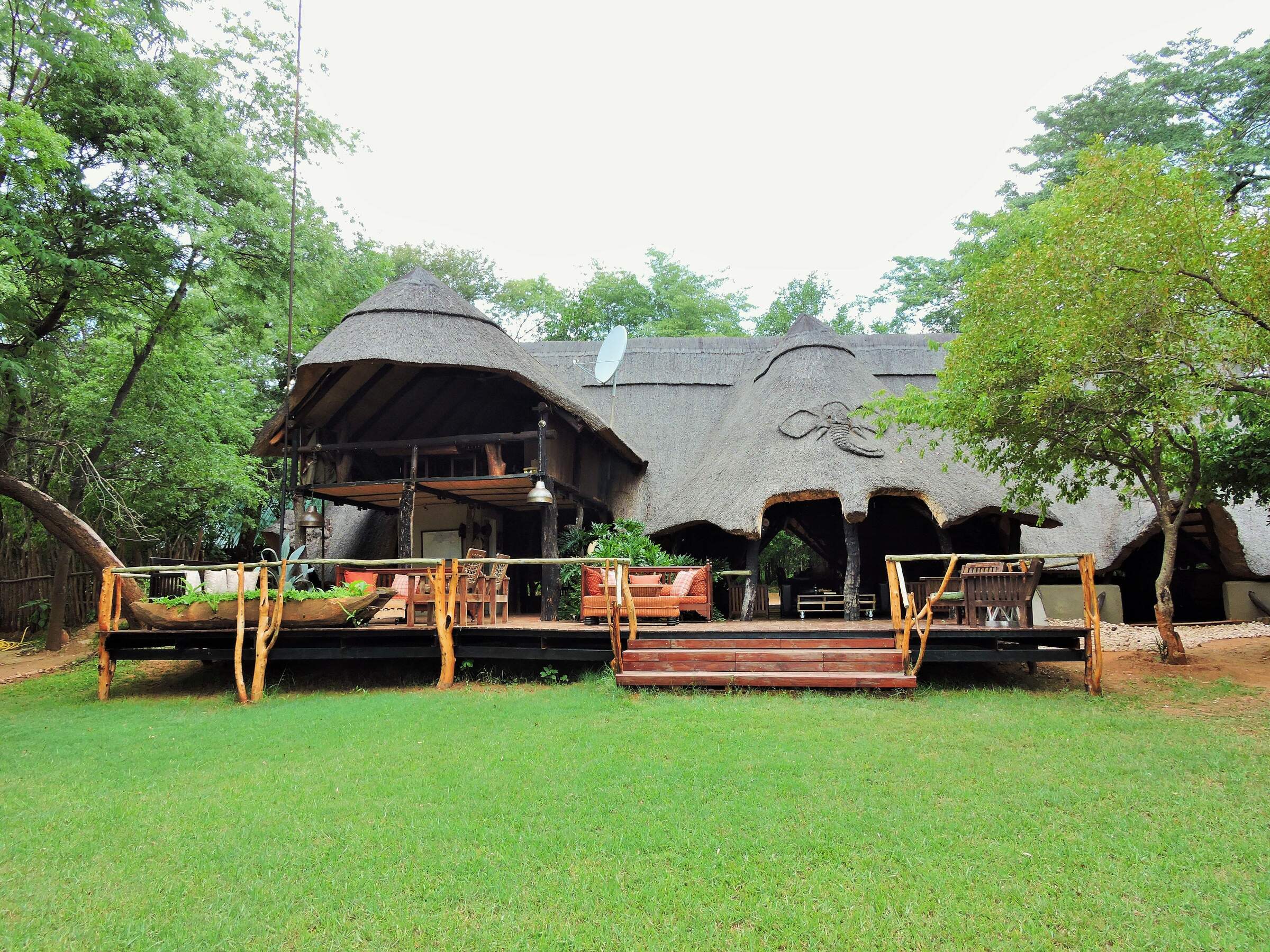
Ivory Lodge
Just outside Hwange National Park, the small Ivory Lodge is a great place to see large herds of elephant as well as smaller plains game.
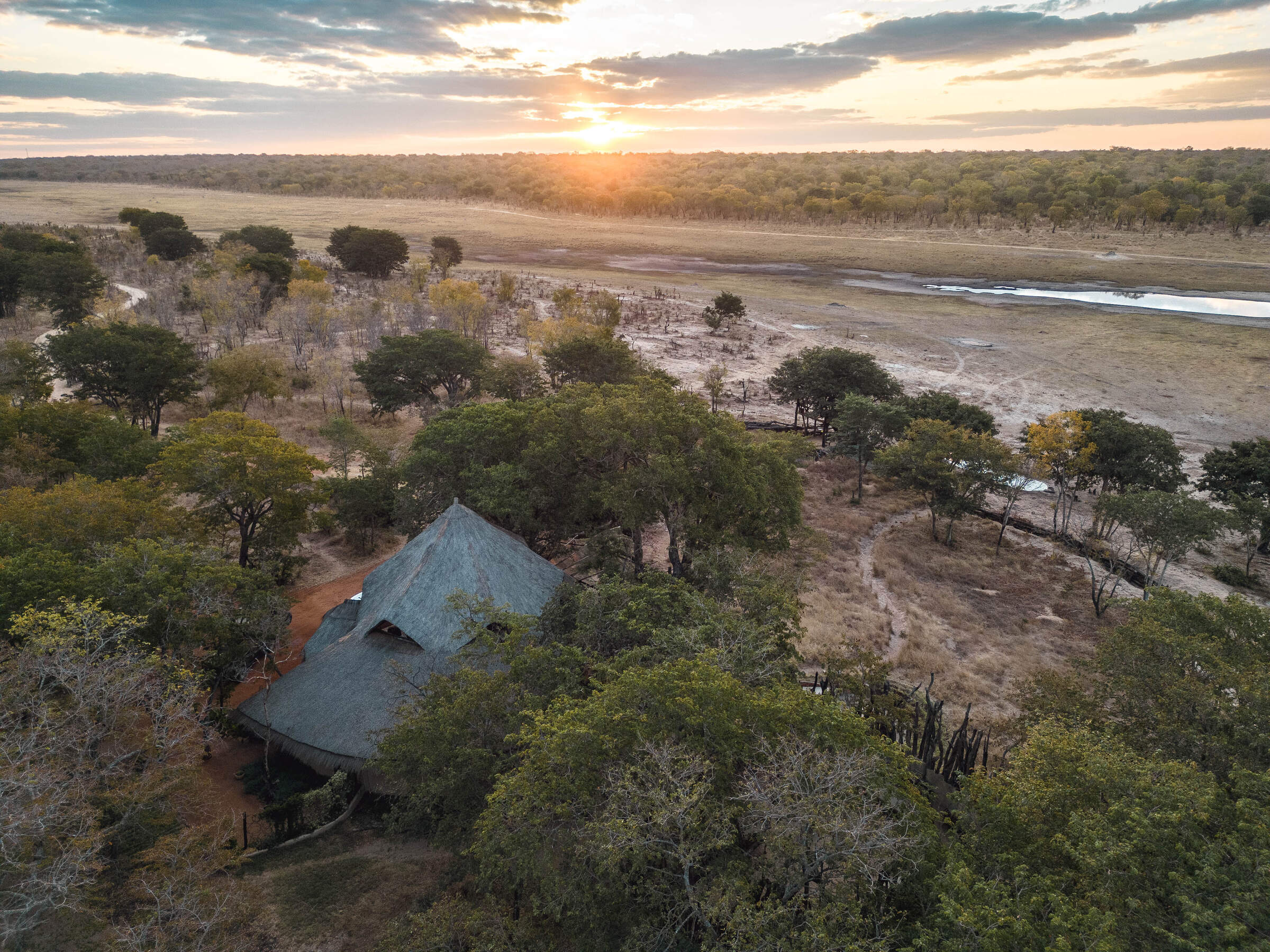
Sable Valley Lodge
Set on the 12km Dete Vlei, the recently upgraded and family-friendly Sable Valley sits in a private reserve within easy reach of Hwange National Park.
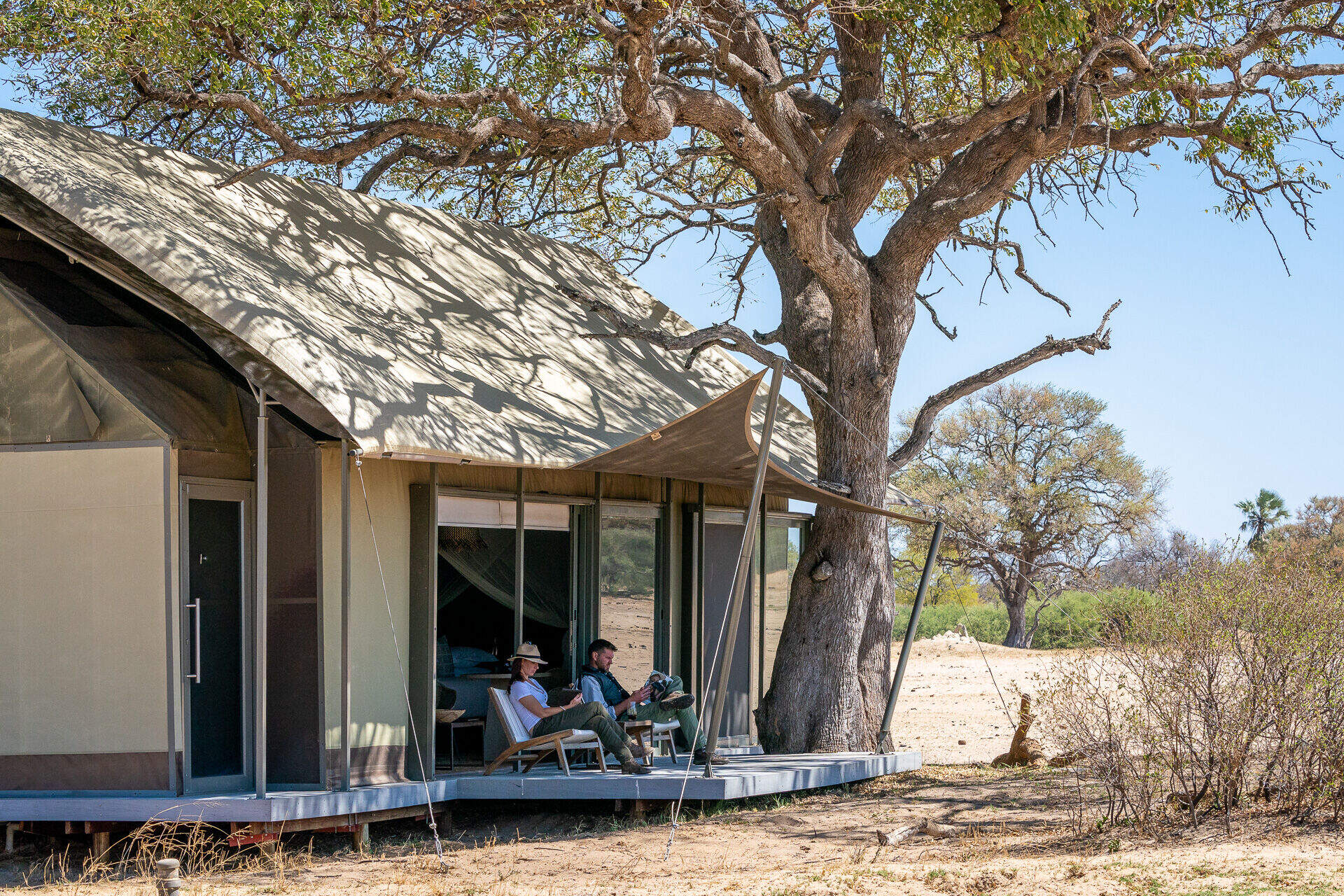
Linkwasha Camp
In its own private concession within Hwange National Park, Linkwasha offers excellent wildlife sightings and luxurious surroundings.
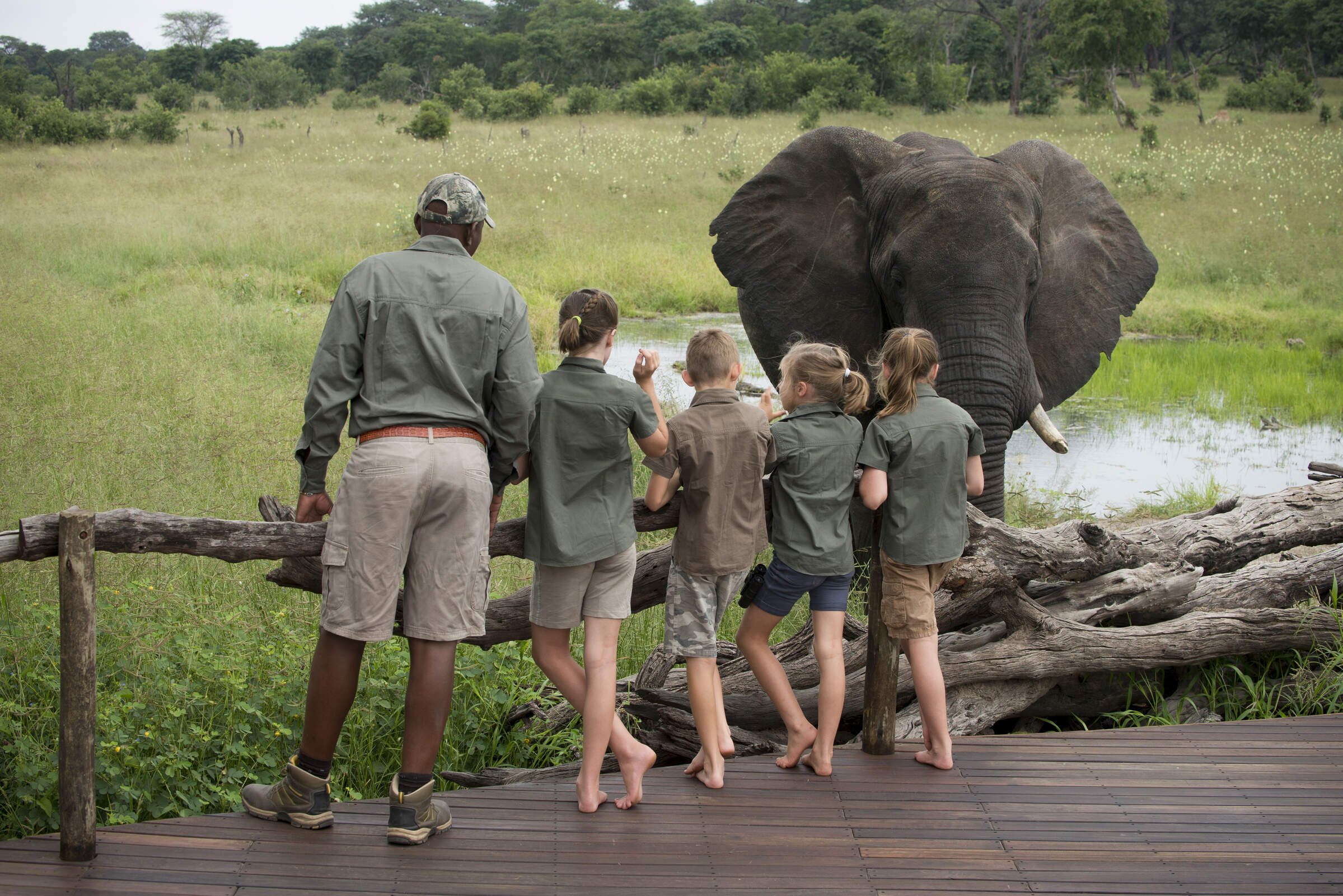
Somalisa Acacia
Somalisa Acacia is a family-friendly, yet remote and luxurious safari camp in Hwange National Park.
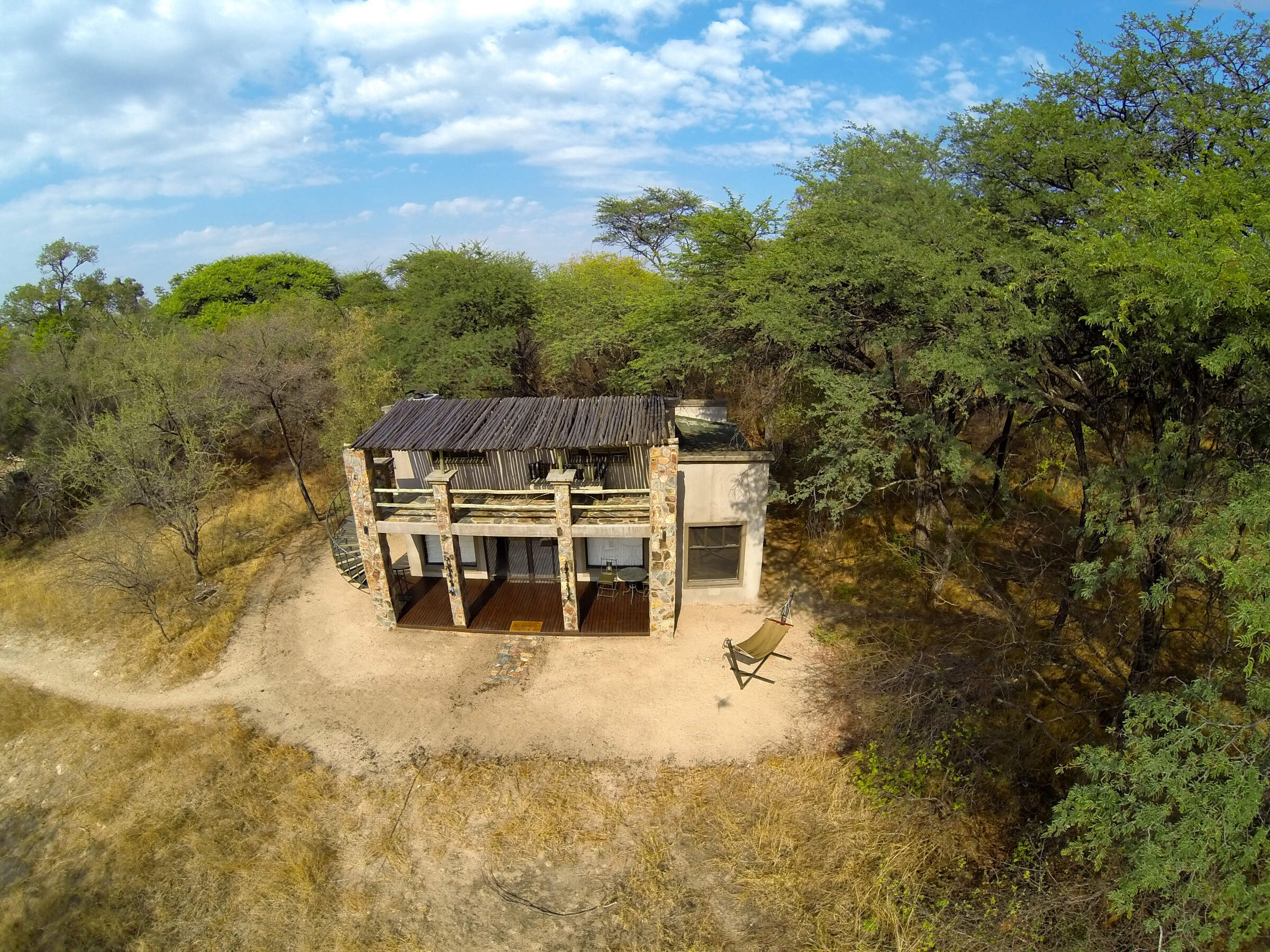
Camelthorn
Camelthorn is a stylish lodge with a range of activities in a remote region of western Zimbabwe, adjacent to Hwange National Park.
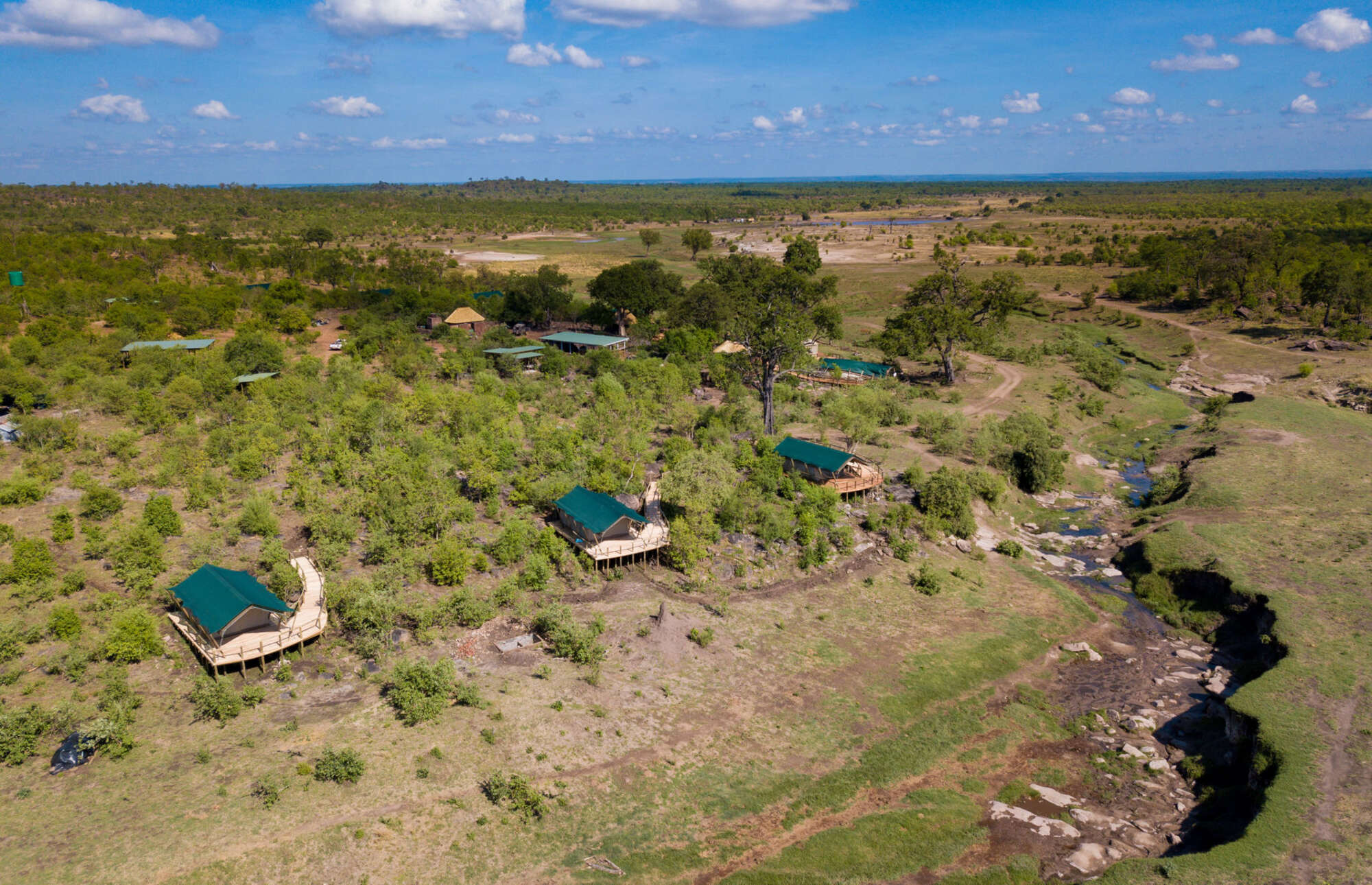
Deteema Springs Camp
In the remote north-west of Hwange National Park, Deteema Springs is a well-designed but unpretentious tented camp that offers good service and excellent wildlife potential.
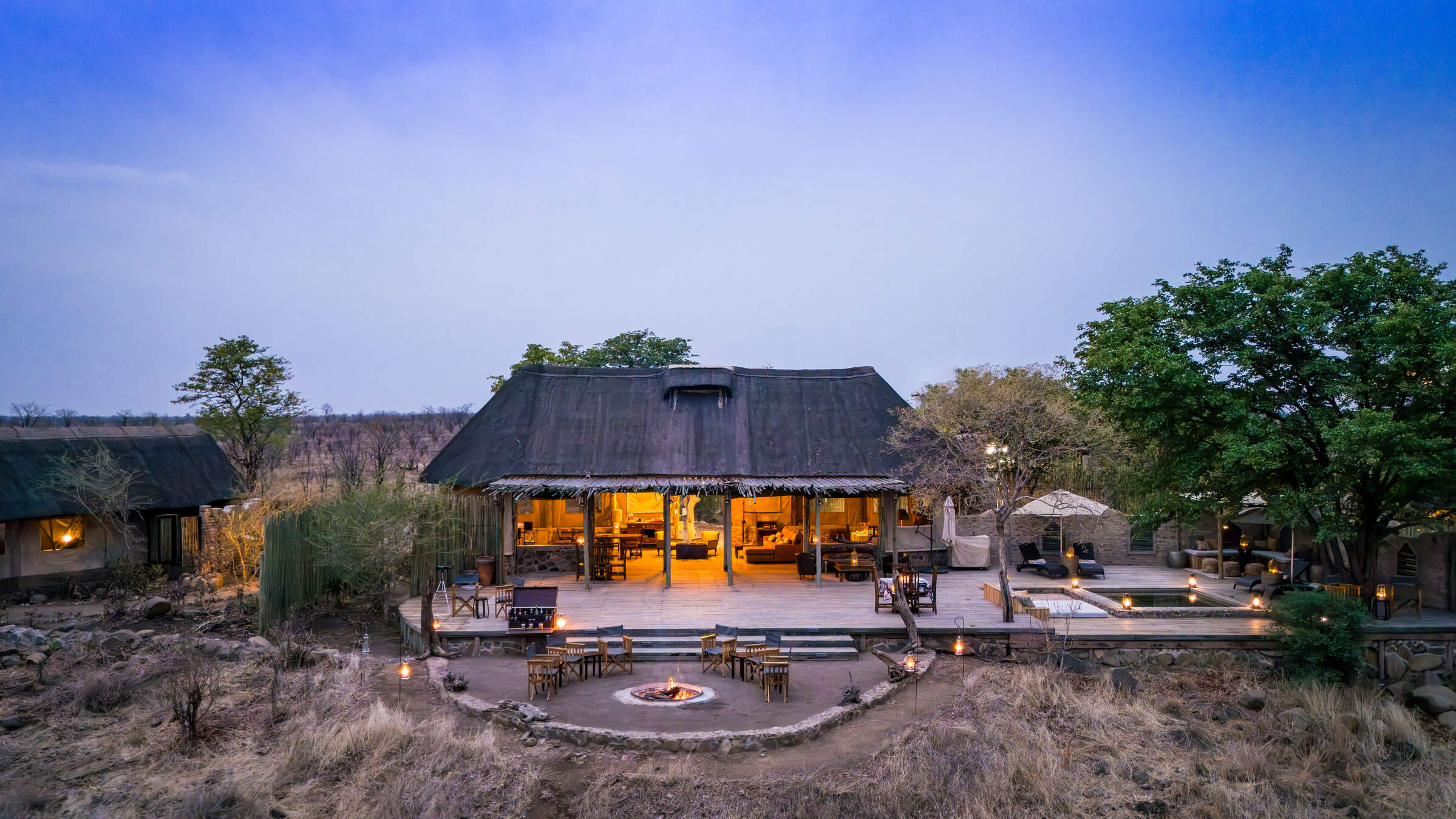
Daka Camp
One of the most remote camps in Hwange National Park, Daka Camp, like the smaller Daka Expeditions, sits almost on the border with Botswana.
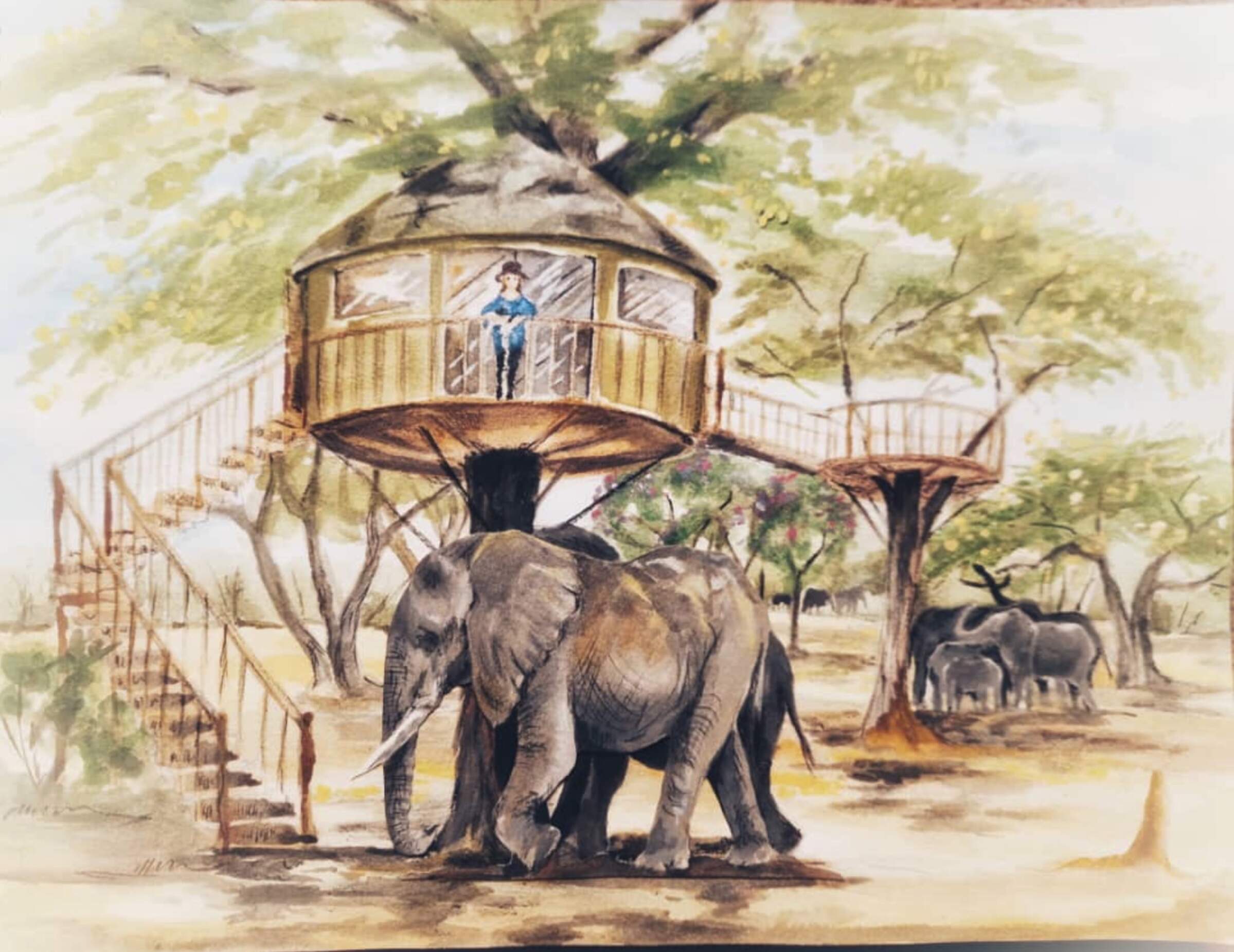
Tum Tum
The Tum Tum Treehouses are due to open in late 2025. Details on this exciting development are still scarce, so watch this space.
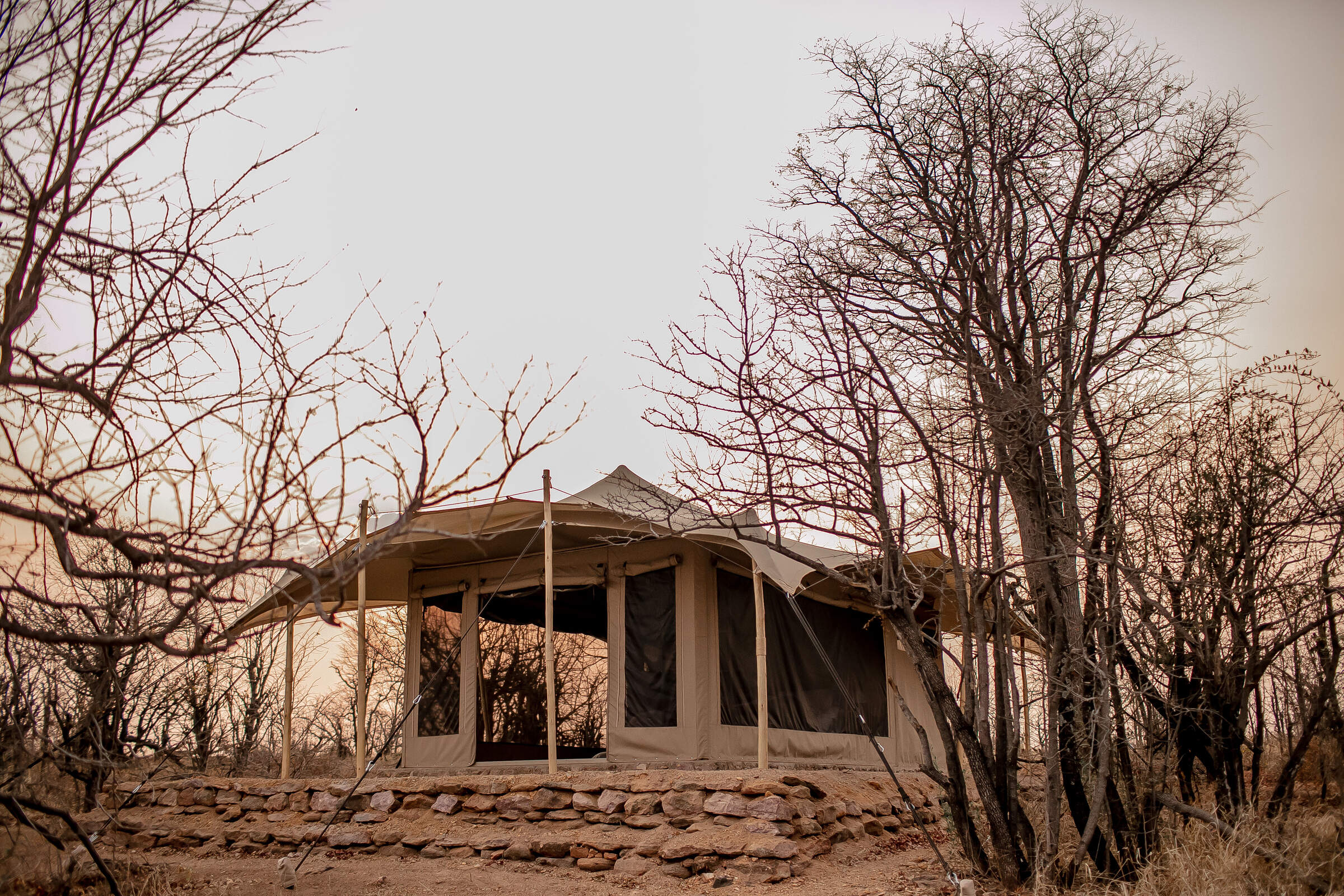
Camp Chitubu
Nestled in the rugged north of Hwange National Park, the unpretentious yet comfortable Camp Chitubu has a strong focus on excellent guiding.
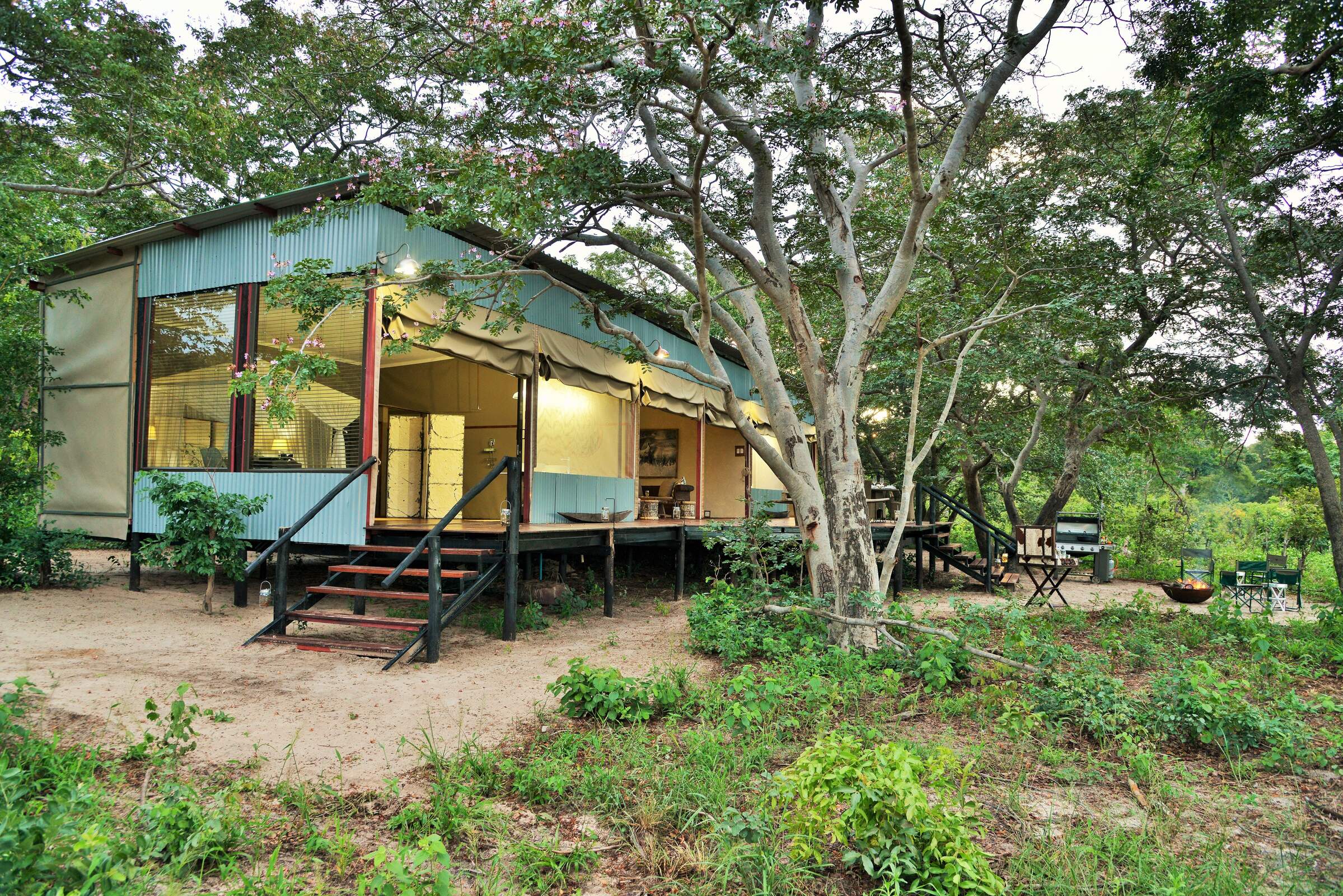
Khulu's Retreat
Just outside Hwange National Park, Khulu's Retreat is an exclusive private villa and is a great place to spoil yourself on a safari in Zimbabwe.
When to go to Hwange National Park
Our month by month guide: What it's like to visit Camp Hwange in Hwange National Park
Jan
Feb
Mar
Apr
May
Jun
Jul
Aug
Sep
Oct
Nov
Dec
Zimbabwe in January
January falls in the middle of Zimbabwe’s rainy season and is the wettest month of the year. Heavy rainfall occurs most days, flooding seasonal rivers and waterholes, with the occasional sunny spell.
With the high levels of precipitation the wildlife in the national parks becomes widely dispersed, taking advantage of the abundance of food and water, and is easily hidden by the thick, green bush.
While sightings of larger animals are possible, and many species drop their young at this time, game viewing is often sparse. However, many migratory species of bird arrive in Zimbabwe making it a peak month for birding.
The rains create incredibly sticky mud in Mana Pools National Park, preventing access and causing camps to close for the season. The majority of the camps in other parks remain open, with low rates attracting a smattering of visitors.
- Peak of the rainy season: hot & humid with heavy rain most days
- Bush exceptionally thick and green, with poor game viewing
- Species such as impala drop their young
- All camps in Mana Pools closed
- Very few visitors, and low rates at open camps
Our view
A time to avoid if possible
Weather in January
Zimbabwe in February
February remains well within Zimbabwe’s rainy season. Although total rainfall drops, relatively short thunderstorms can still be expected most afternoons. On the plus side, there is a greater chance of some sunshine in-between.
Much of the country remains waterlogged, closing access to Mana Pools and severely restricting walking safaris in other parks. While game drives and canoeing remain an option, the abundance of water disperses animals, and thick grass can make it difficult to spot larger species, but birding remains excellent. Conversely, this is a great time of year to view the landscape, and is excellent for photographers. Sporadic cloud cover and clear air can make for some spectacular sunsets too, particularly over Lake Kariba and the Zambezi River where the reflections off the water add to the beauty.
- Generally wet with frequent thunderstorms & hot humid days
- Poor wildlife viewing due to dispersed animals & thick bush
- Clear air, green landscapes & exceptional sunsets
- All camps in Mana Pools closed
- Very few visitors & low rates at camps that are open
Our view
This is not a great time to visit
Weather in February
Zimbabwe in March
March is the final month of Zimbabwe’s rainy season, when the rains start to trail off and sunny days become the norm. However, some days the clouds can still build, breaking into thunderstorms in the afternoon.
Mana Pools remains closed throughout the month but the majority of camps in Hwange, Matusadona and Gonarezhou remain open. Here, the landscape is green and alive, with migrant species of birds taking advantage of the abundant insect life. Larger animals remain elusive though, and walking safaris remain restricted.
By this time of year, the rains have normally trickled down to the Zambezi River and the flow of water over the Victoria Falls starts to increase, but without kicking up too much spray to obscure the views.
- Last month of the rainy season: hot, humid days with occasional storms
- Lush vegetation means good birding, but poor game viewing
- Views of the Victoria Falls improve
- All camps in Mana Pools closed
- Open camps have few visitors & low rates
Our view
This is not a great time to visit
Weather in March
Zimbabwe in April
April marks the end of Zimbabwe’s rainy season and the end of summer. Clear skies are the norm, with just the occasional shower. Temperatures start to drop, failing to reach 30ºC most days and dropping down to around 10ºC at night.
As the rain fades the landscape starts to dry out. While the vegetation remains thick and green, the soil in Mana Pools dries enough for camps to open, and the only camps to remain closed are the most remote bushcamps in Hwange. Although viewing of larger animals remains tricky, the improved weather starts to draw back visitors, as do prices significantly below those in the peak season.
The Zambezi River and flow of water over the Victoria Falls is at its highest, although large amounts of spray diminish views of the waterfall itself.
- Transitional period, with much lower rainfall & falling temperatures
- Wildlife is still dispersed & hard to see, but sightings improving
- Views of the Victoria Falls often obscured by spray
- Camps in Mana Pools open
- Visitors start to return & camps increase their rates
Our view
A good time to visit, with pros & cons
Weather in April
Zimbabwe in May
The first month in the dry season, May is also Zimbabwe’s first month of winter. If the rains are particularly late in a given year, you may catch the odd shower, but you can expect clear and sunny days the majority of the time. While it’s warm in the daytime, temperatures drop to single digits at night, so bring a warm jumper and gloves for early morning drives.
With the rain having cleared the air, the sky is bright blue, and it’s the best time of year for photography.
Even the most remote camps in Zimbabwe are now open. With the lack of rainfall, vegetation dies back significantly, and seasonal rivers return to sand. Not only does this open up the possibility of walking safaris, but wildlife viewing becomes much more reliable.
- Start of the dry season, with milder days and cold nights
- Game viewing significantly improves as vegetation dies back
- Vegetation starts to turn from green to brown
- Best time for photography with crystal clear air
- Visitors start to return; all camps open & rates increasing
Our view
A very good time to visit
Weather in May
Zimbabwe in June
During June you can virtually be guaranteed of dry and sunny days, although temperatures continue to drop, and can get close to freezing at night in Hwange National Park. Jumpers, jackets and gloves are strongly recommended for early mornings and evenings.
The opportunities for wildlife viewing improve throughout the month as the landscape rapidly dries, and the animals start to gather on the banks of the Zambezi River and around Hwange’s waterholes.
Water levels in the Zambezi River start to drop, reducing the amount of spray kicked up at the Victoria Falls and greatly improving visibility, but still allowing a full curtain of water to cascade over the edge.
- Middle of winter, with night-time temperatures close to freezing
- Game viewing significantly improves throughout the month
- Views of the Victoria Falls are at their best
- Noticeable increase in visitor numbers
- Camps considerably more expensive
Our view
A very good time to visit
Weather in June
Zimbabwe in July
July sits in the middle of Zimbabwe’s dry season. Although it’s warm at midday, temperatures are generally cold and in Hwange it’s been known to drop below freezing at night, with the lower-altitude Mana Pools feeling a bit warmer.
With wildlife clustering around the few remaining waterholes, sparse vegetation, and some of the best views of the Victoria Falls, this is one of the most popular times to travel, with camps charging peak season rates to reflect this. That said, visitor numbers to the country in general remain low, and outside of the Victoria Falls it’s rare for any areas to feel crowded.
- Middle of the dry season with almost no chance of rain
- Clear sunny days, but very cold nights
- Wildlife viewing good; game drives and walking safaris unrestricted
- Views of the Victoria Falls at their best
- Camps charging peak season rates
Our view
A very good time to visit
Weather in July
Zimbabwe in August
While August is the end of winter and temperatures are starting to creep up, mornings and nights are still cold, and game drives in open vehicles can feel particularly chilly. Well into the dry season, the landscapes will have mostly transformed from green to brown and wildlife viewing in Zimbabwe’s national parks is approaching its best. Due to dust kicked up into the atmosphere and smoke from bush fires you may start to notice a haze on the horizon, but this doesn’t significantly impact photography.
August is one of the most expensive months, and the pleasant weather and decent game viewing attracts lots of visitors. While the national parks rarely feel crowded, Victoria Falls accommodation can sell out a year in advance.
- Warm, sunny days but cold mornings & nights; almost no chance of rain
- Wildlife viewing nearly at its best
- Landscape turns brown, & an atmospheric haze develops
- All camps charging peak season rates
Our view
Fantastic: the very best time to visit
Weather in August
Zimbabwe in September
Temperatures in September rarely drop below 15ºC, but are yet to reach the oppressive highs of summer. It will normally have been five months since the last drop of rain, so antelope and elephants cluster around whatever water remains, with predators never too far away.
The landscape is very brown, and the haze building on the horizon takes some of the colour out of the sky, so while animal subjects are plentiful, the background is not ideal for photography.
The combination of incredible wildlife viewing, hot and sunny weather, and cheaper flights outside of the school holidays make this the most popular time of year to travel, and availability at the camps can become limited up to a year in advance.
- The best month for weather, with a pleasantly warm temperature range
- One of the best months for game viewing
- Victoria Falls starting to dry but still impressive on Zimbabwean side
- All camps are charging peak season rates
- Most popular time to travel, & space can be limited
Our view
Fantastic: the very best time to visit
Weather in September
Zimbabwe in October
October is the last month of the dry season with little chance of rain but building humidity. While the higher elevation of Hwange National Park limits temperatures to the 30s Celsius, they can easily top 40ºC in Mana Pools.
With little vegetation or water, wildlife is drawn to the few remaining water sources and viewing is at its best; visitors who brave the heat can be rewarded with some exceptional sightings, although haze in the air diminishes photos. Maximum visibility and dense wildlife concentrations can also make for very rewarding walking safaris, although the heat can make them uncomfortable.
Water levels in the Zambezi at the Victoria Falls drop significantly, and large stretches of the waterfall are a dry cliff-face – although it never dries completely. Camp rates remain at their peak, but visitor numbers drop as people avoid the heat.
- Last month of the dry season; very hot with building humidity
- Wildlife viewing at its very best
- Dust & smoke in the air diminish photographic opportunities
- Victoria Falls starting to look very dry
- Camp rates remain at their peak
Our view
A very good time to visit
Weather in October
Zimbabwe in November
November is a transitionary period, with high temperatures and humidity. While they can’t be predicted with any precision, the first rains normally arrive halfway through the month, in the form of thunderstorms lasting a few hours each day.
Early November is a popular time to travel as the camps drop their rates, so if you’re lucky you can get peak-season game viewing at low-season rates. This is a gamble though as if the rains do arrive, animals are no longer limited to a few dangerous waterholes and will disperse into the bush. While all the camps in Mana Pools intend to remain open, the rains can make the airstrips unusable so you may find yourself moved to a different park, a risk that increases through the month.
- Typically the start of the rains in Zimbabwe
- Temperatures & humidity levels remain high
- Wildlife viewing rapidly diminishes as the rains arrive
- Camps remain open, but risk early closure in Mana Pools
- Much cheaper time to travel as camps drop their rates
Our view
A good time to visit, with pros & cons
Weather in November
Zimbabwe in December
By December the rainy season has begun in earnest; this is one of the wettest months in Zimbabwe, with heavy thunderstorms most afternoons and occasionally continuous rain for a couple of days. While temperatures start to cool down the high levels of humidity can make the heat feel more oppressive.
With the rains comes an explosion of green growth, and the dust and smoke are washed out of the air. The resulting scenery – with the occasional bright blue skies – can be fantastic for photographers. Thick vegetation and plentiful water makes viewing of larger animals tricky, but with migratory species arriving the birding is at its best.
All camps in Mana Pools and the remote Hwange camps close, with those remaining open charging their lowest rates.
- One of the wettest months in Zimbabwe
- High temperatures & levels of humidity
- Wildlife viewing poor, but birding good
- Lush green landscapes & clear air; great for landscape photography
- All camps in Mana Pools closed
Our view
This is not a great time to visit
Weather in December

Looking for inspiration on where to travel next?
Visit our trip chooser to explore your options and find inspiration for your perfect African adventure
Inspire me